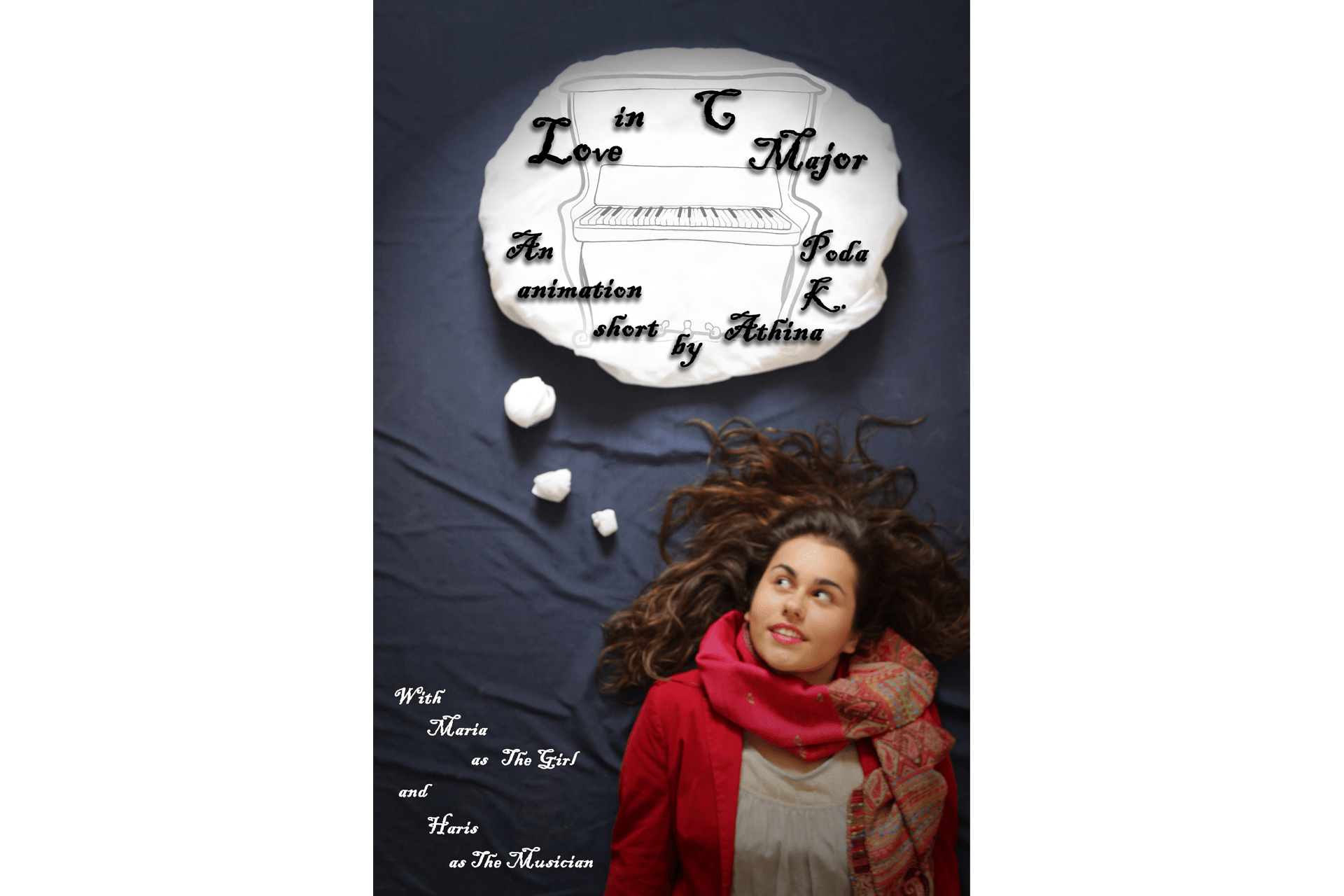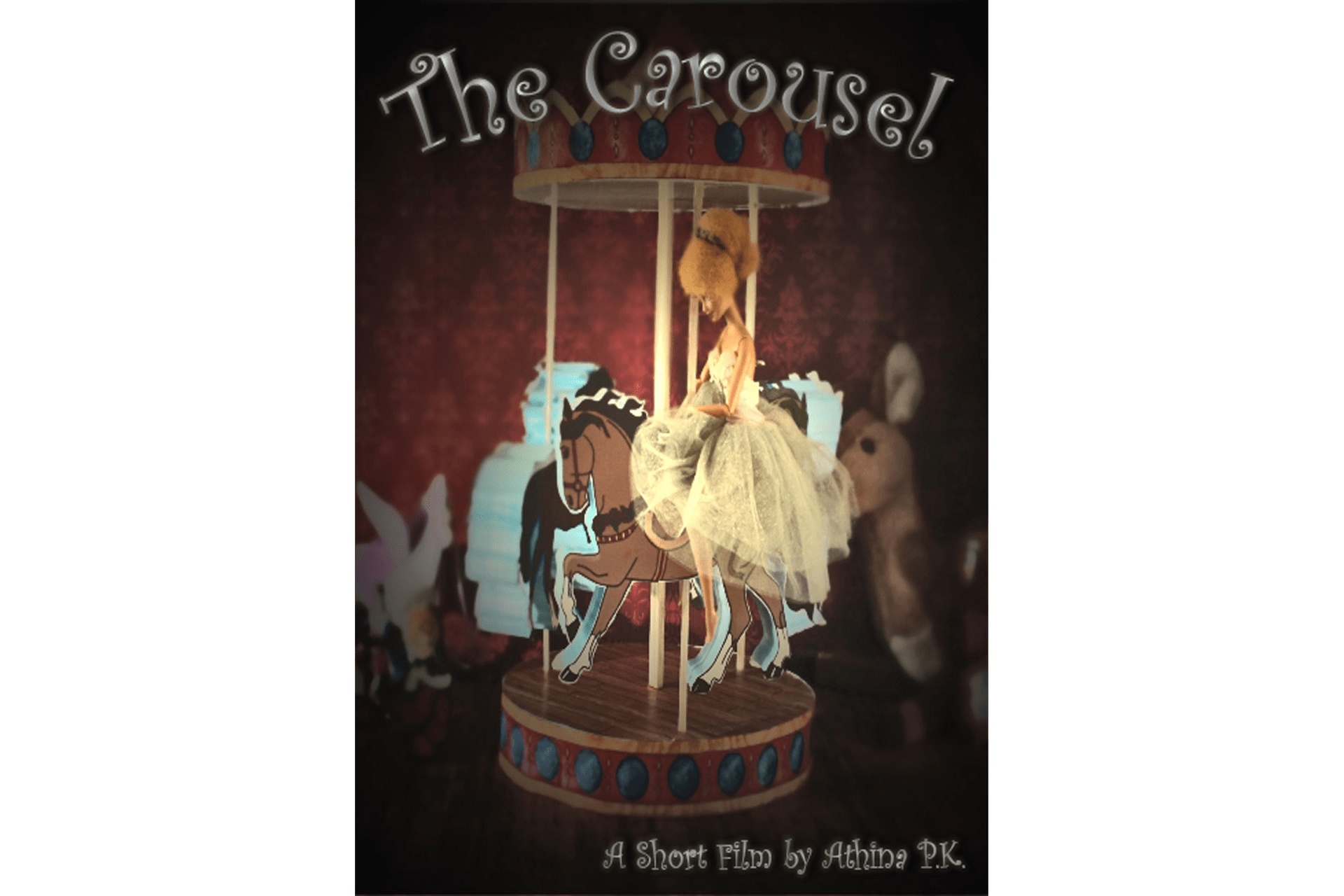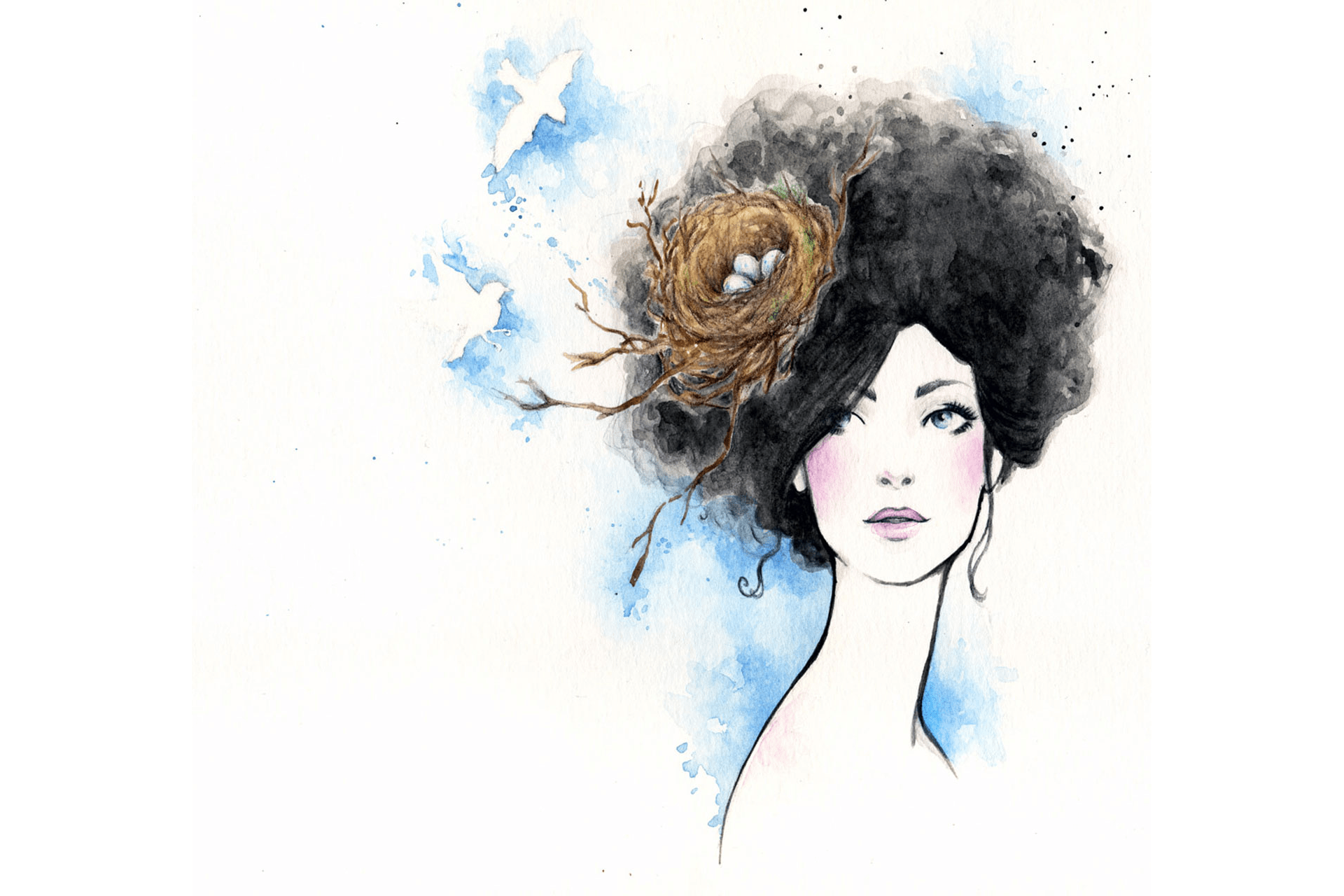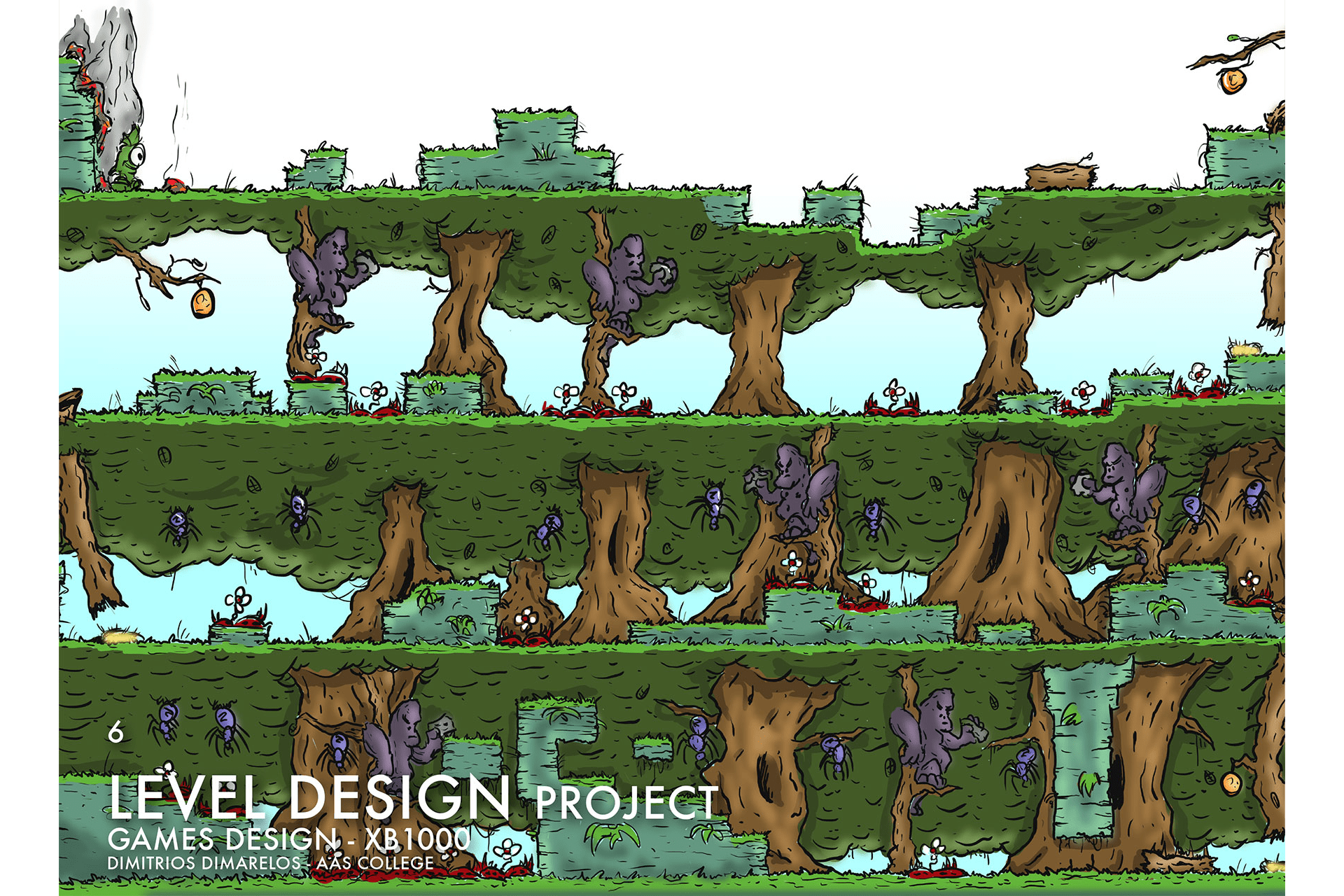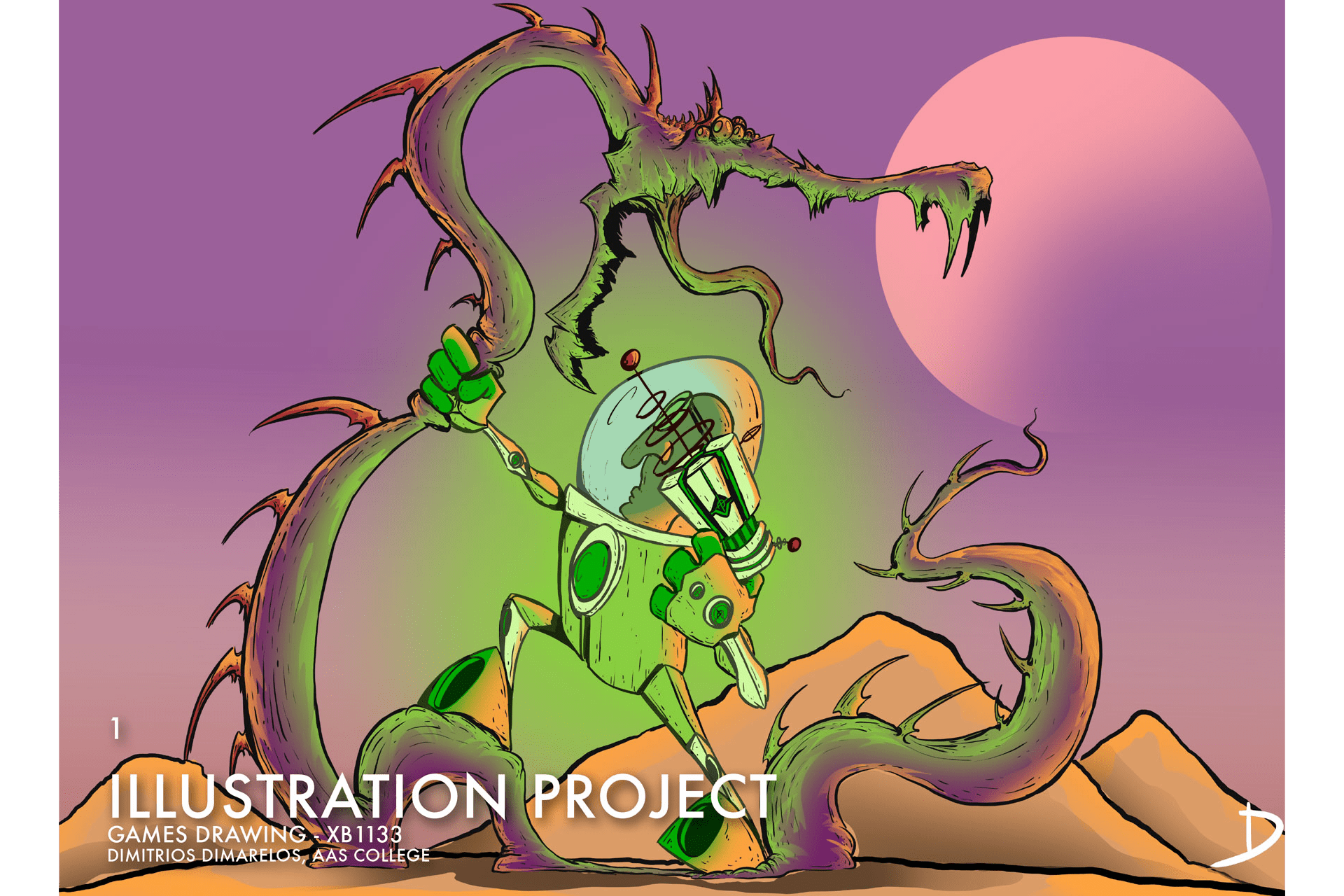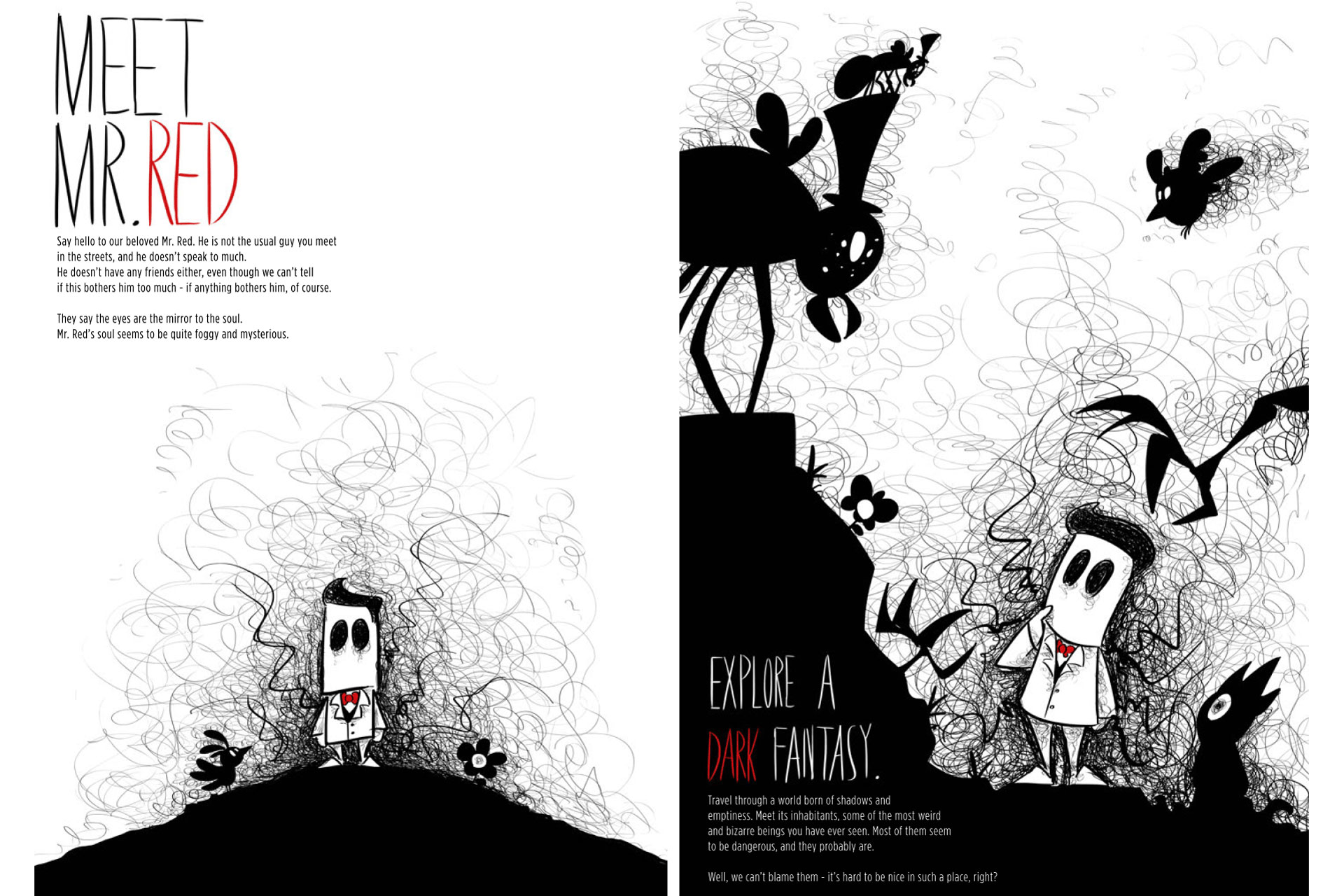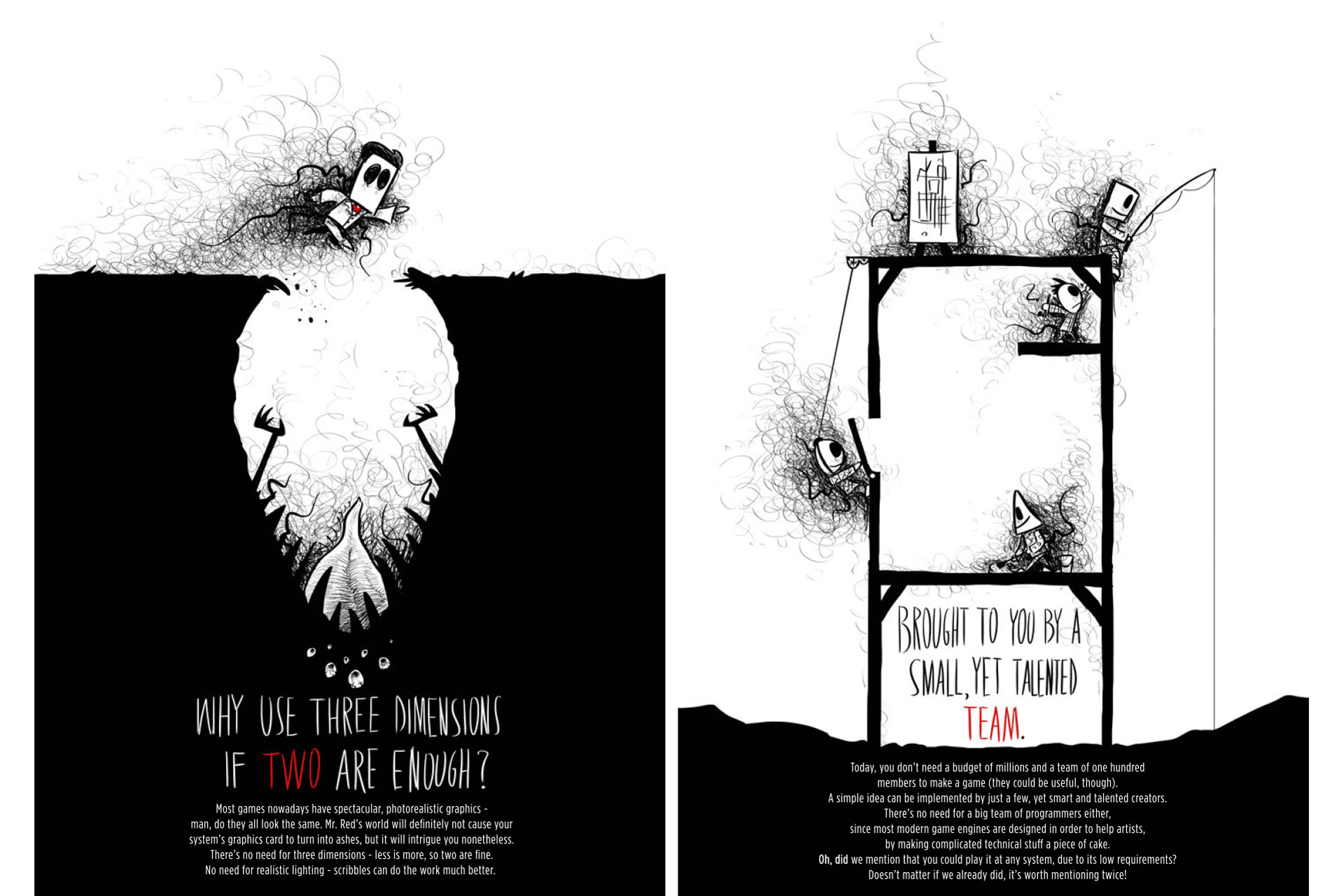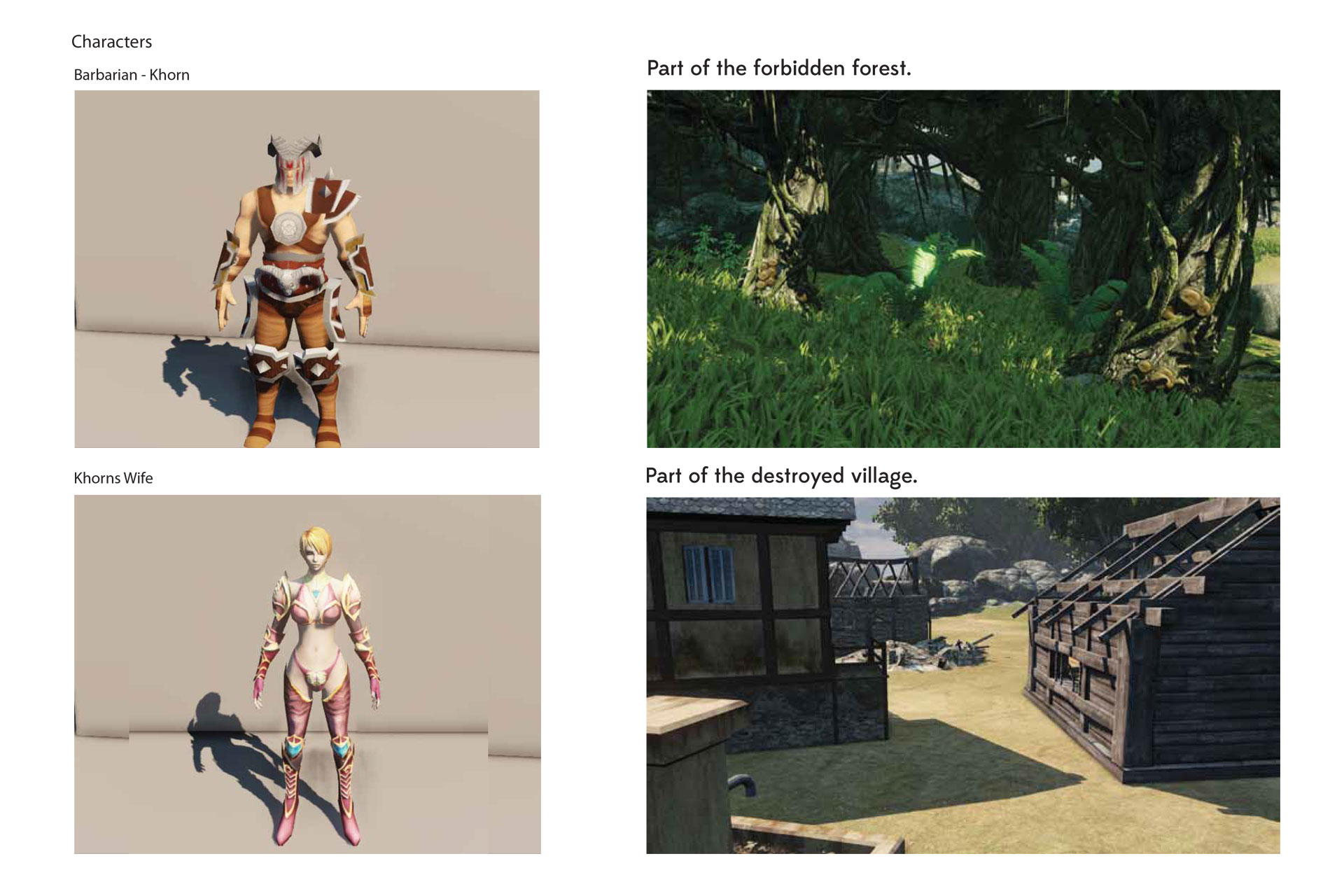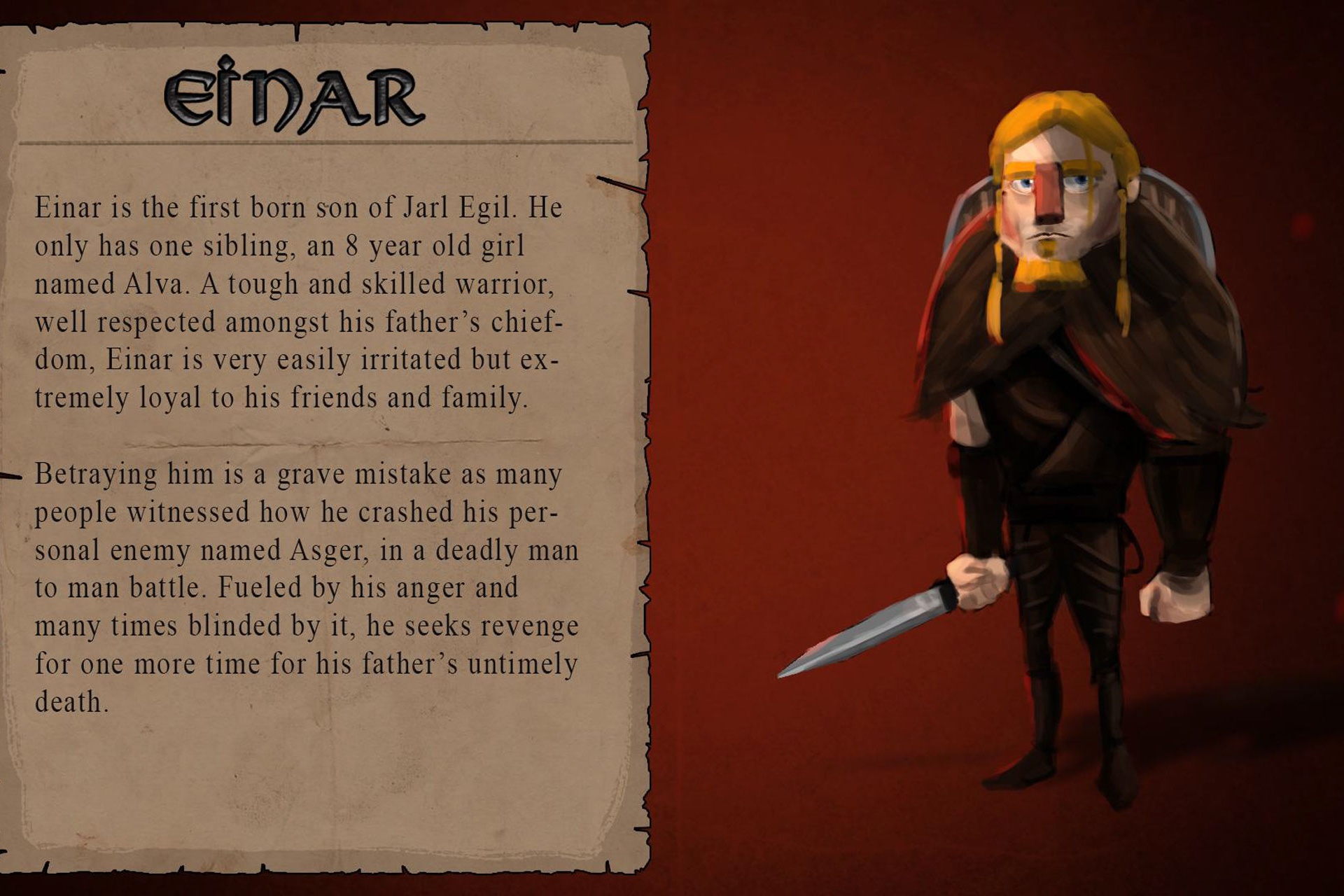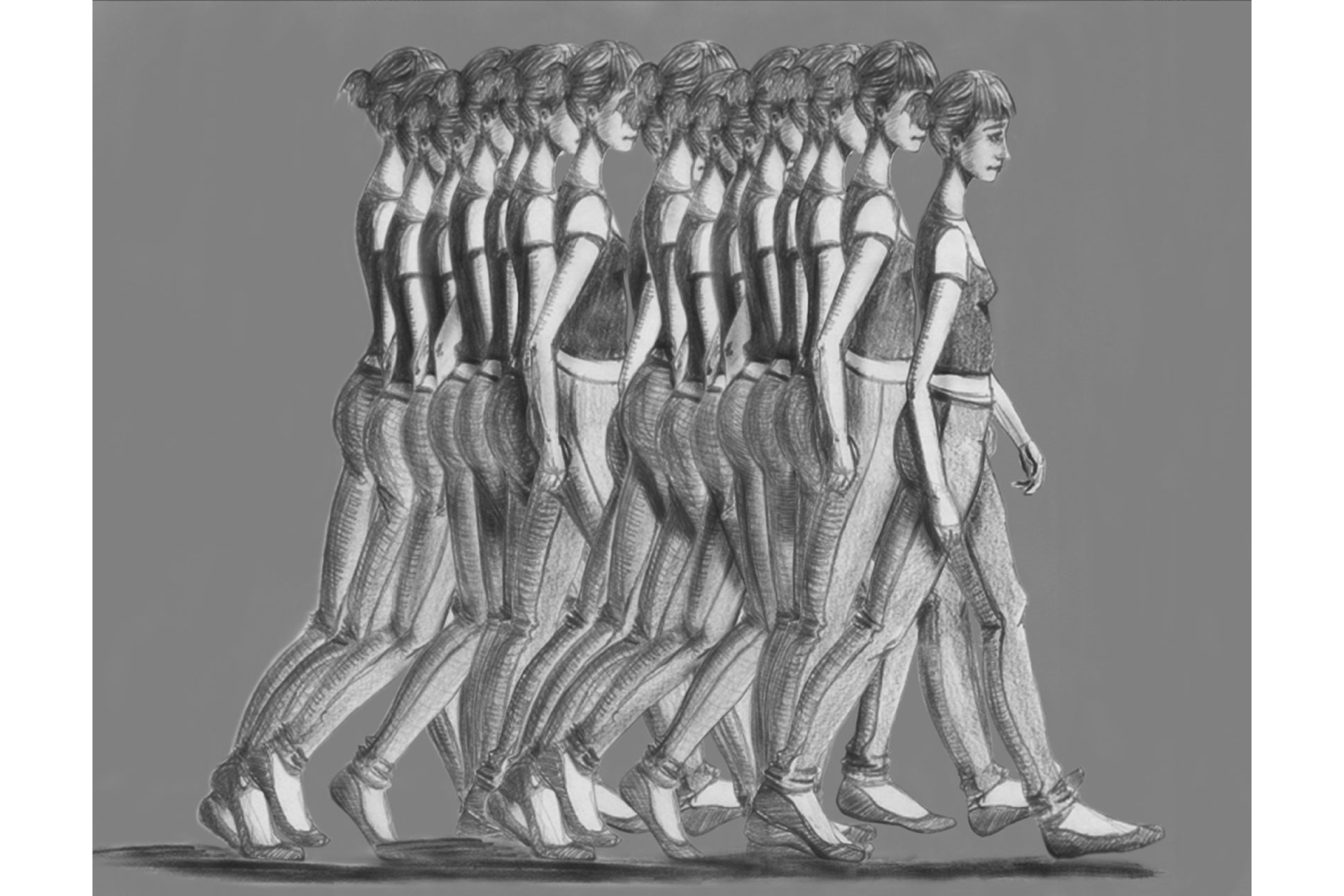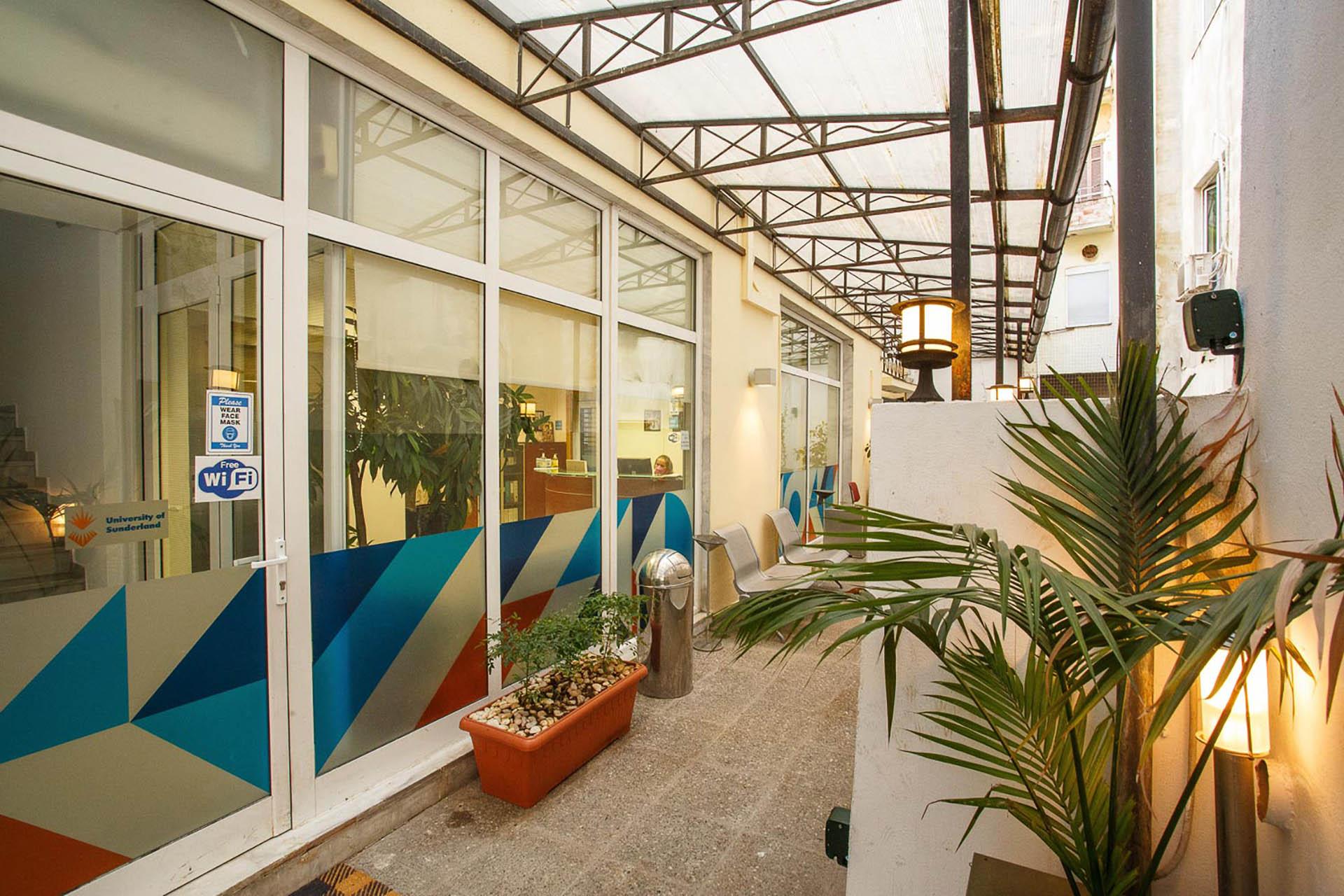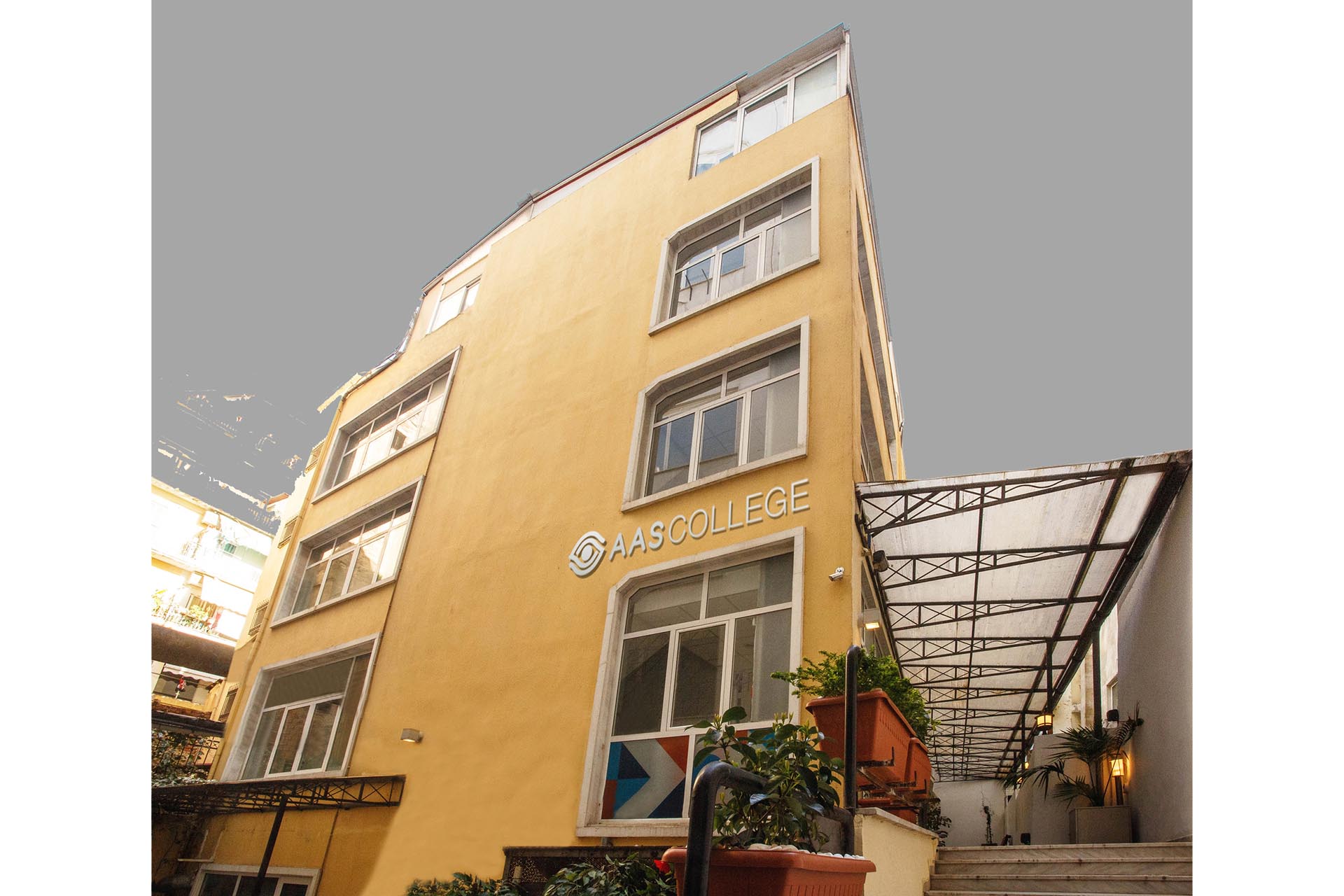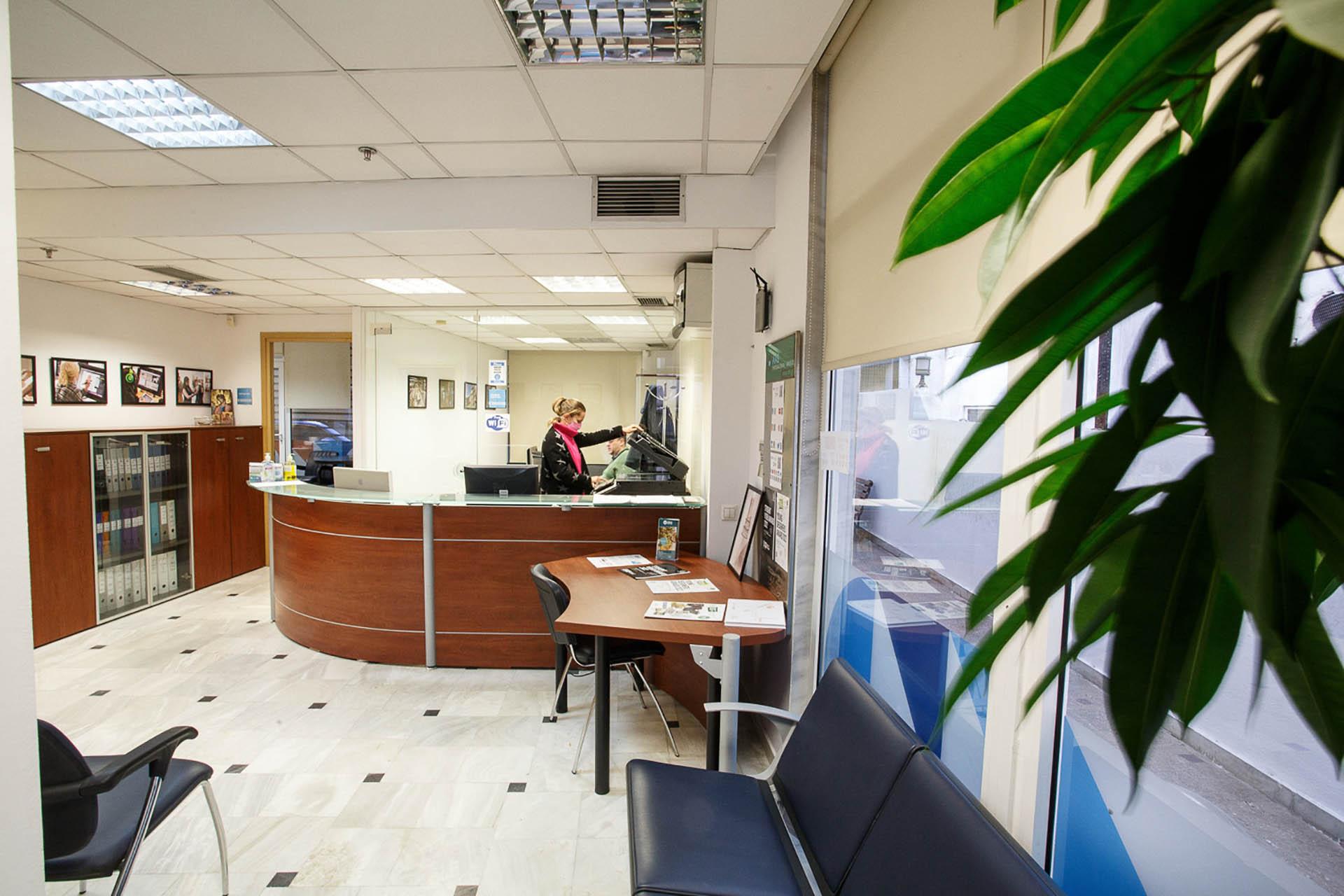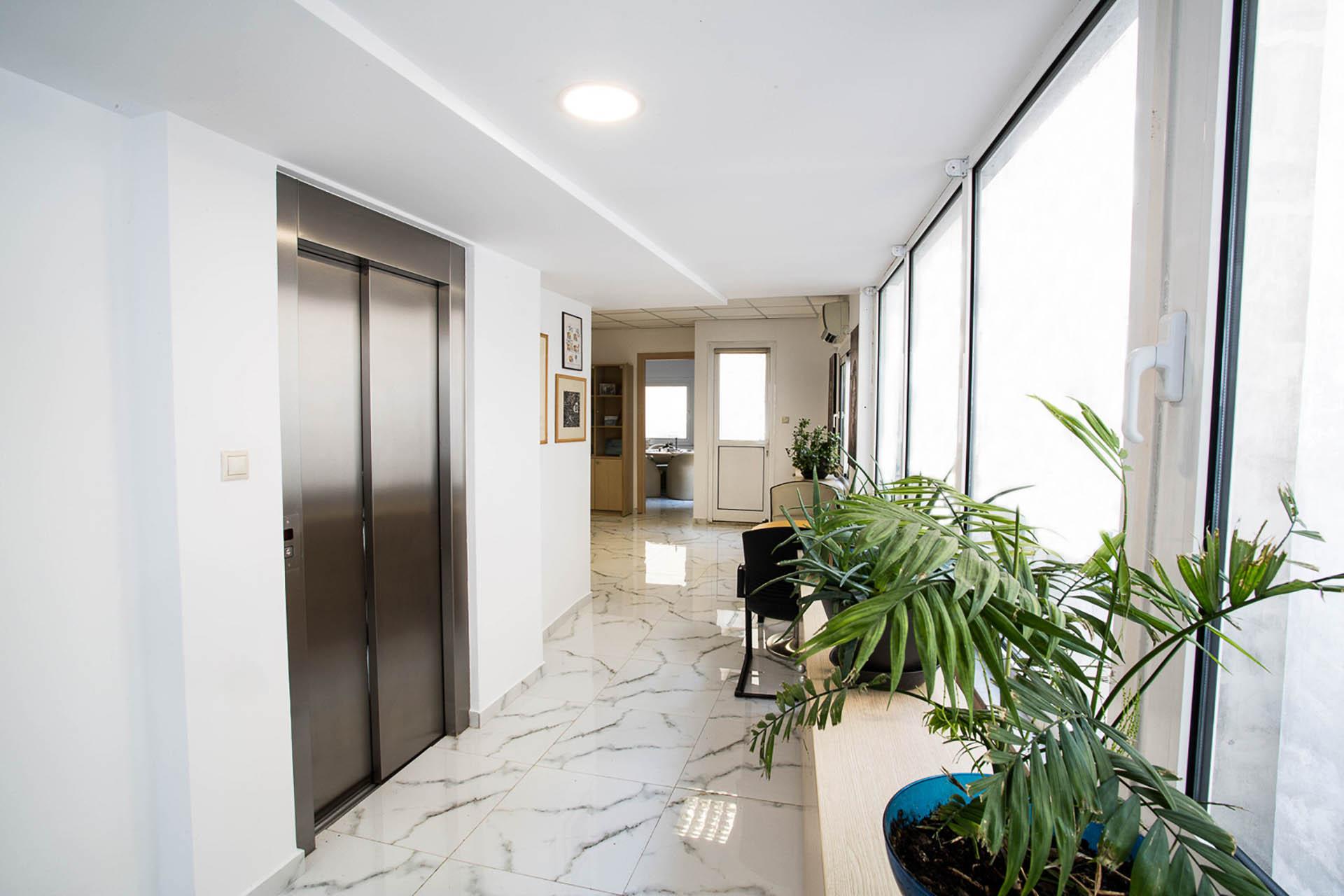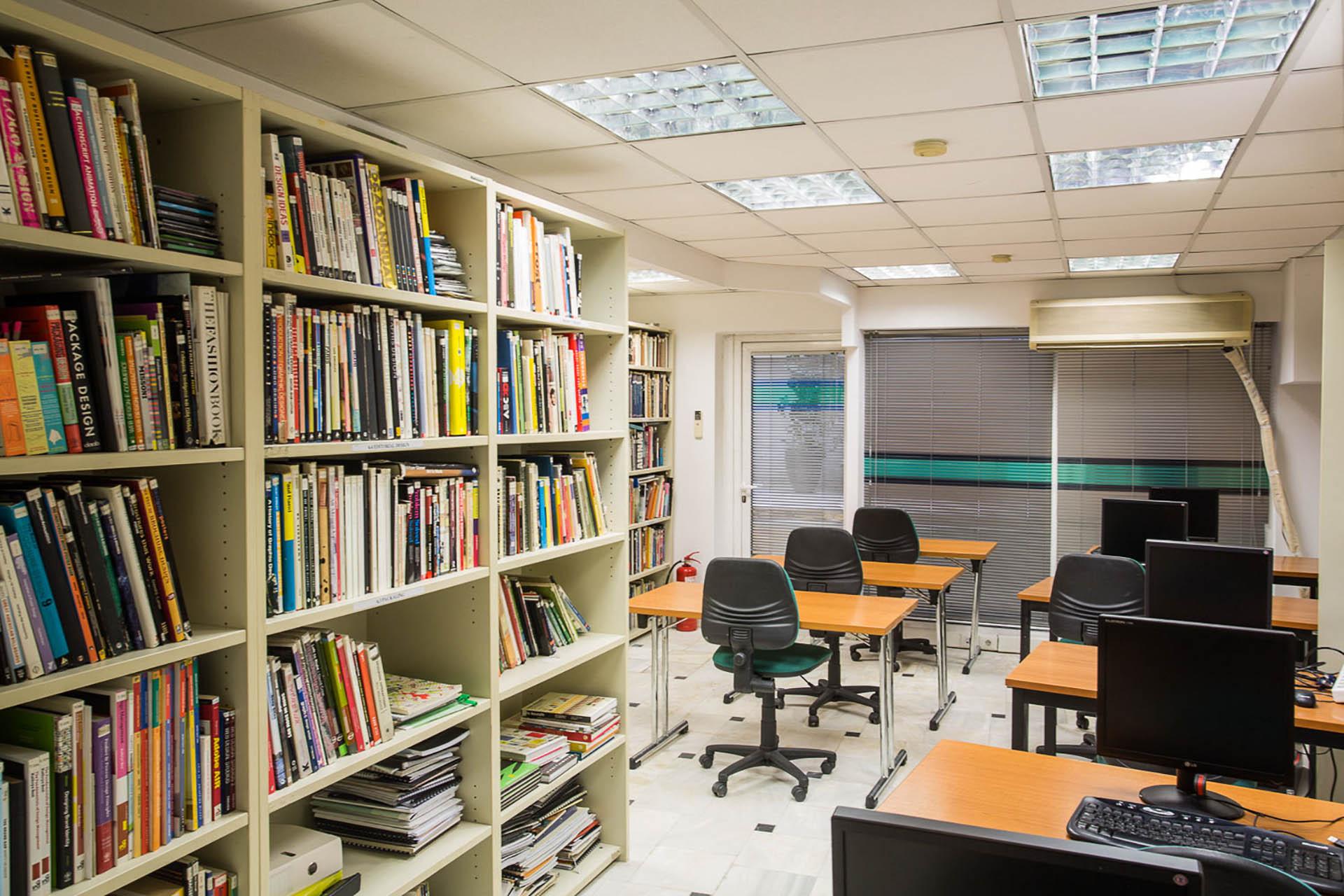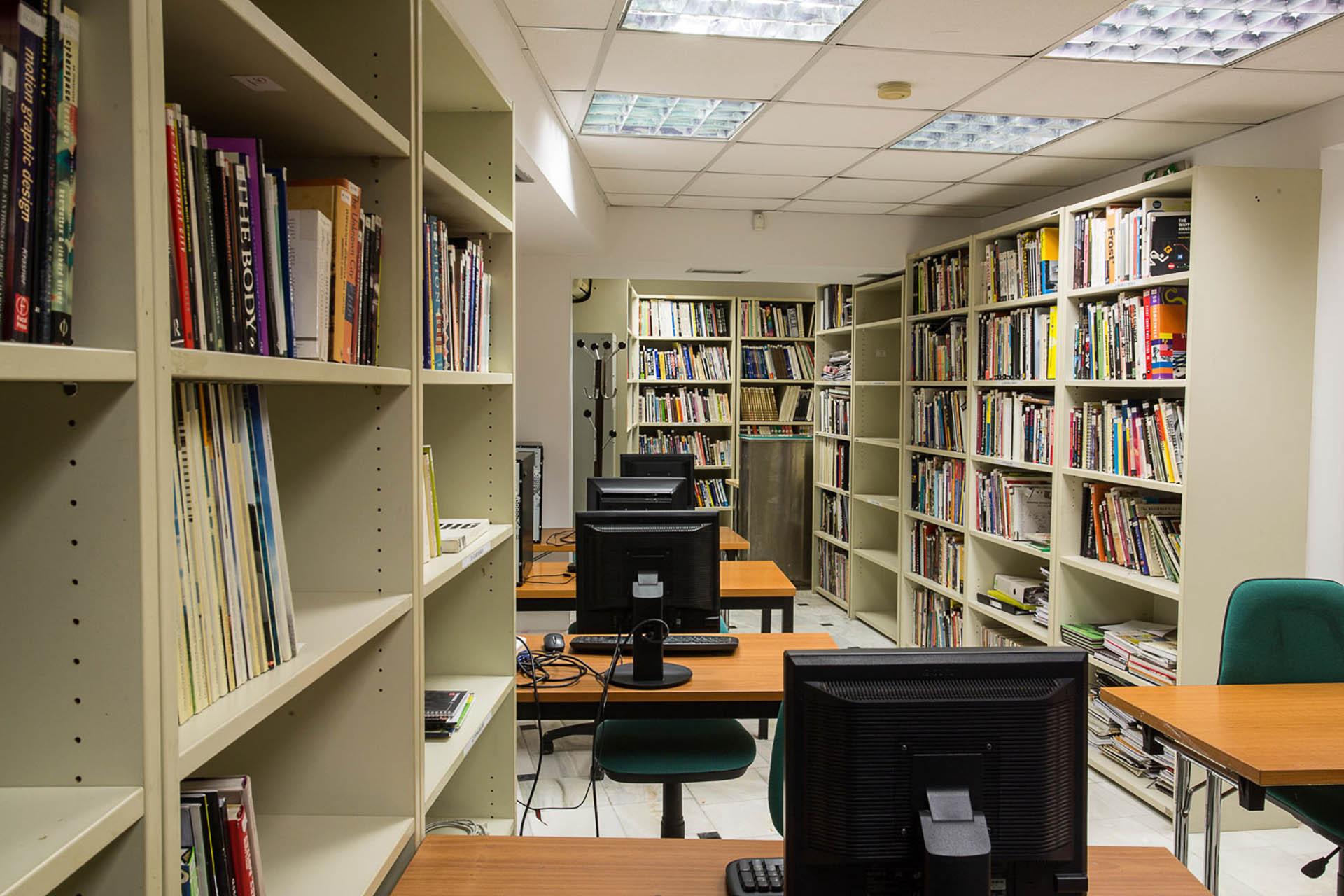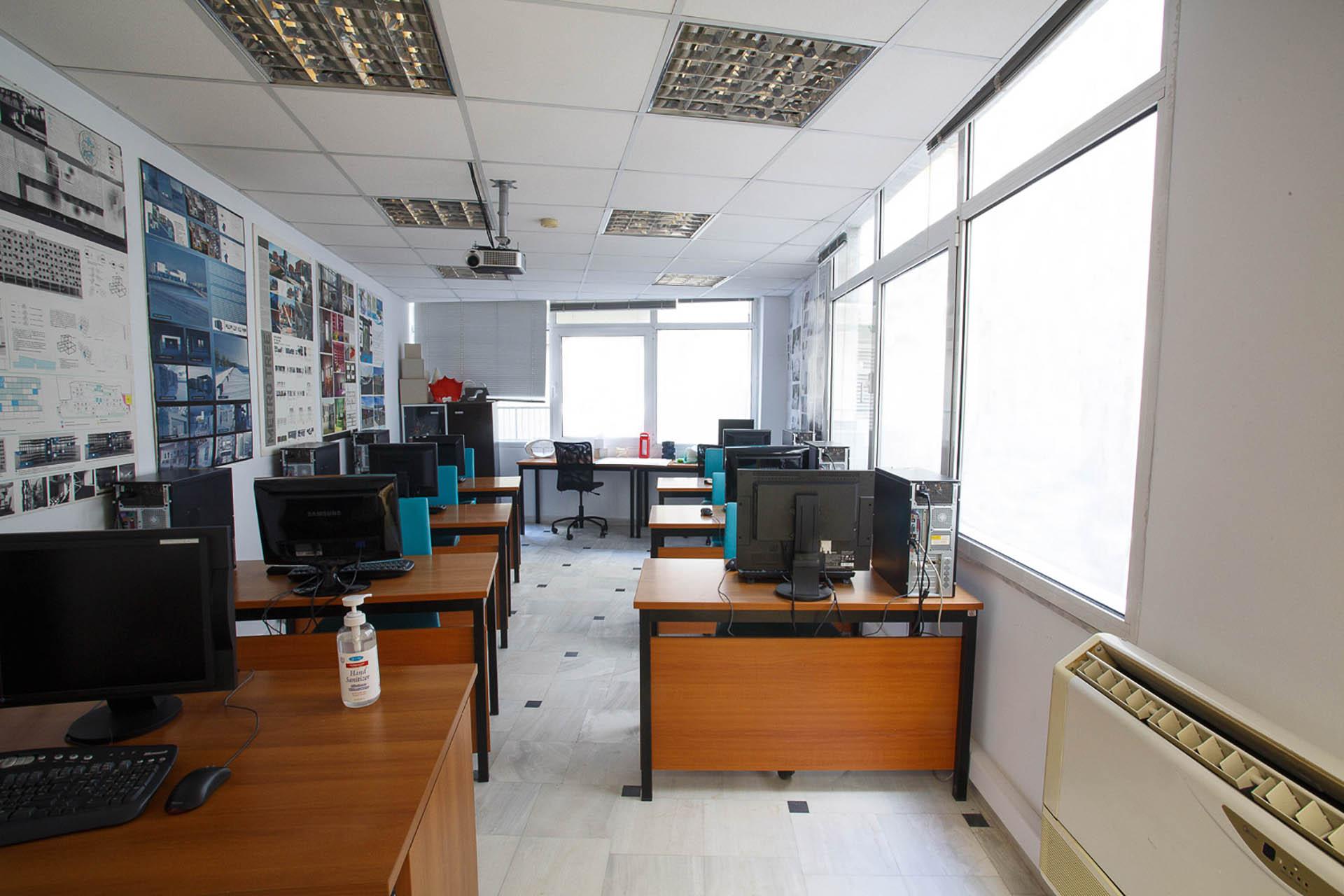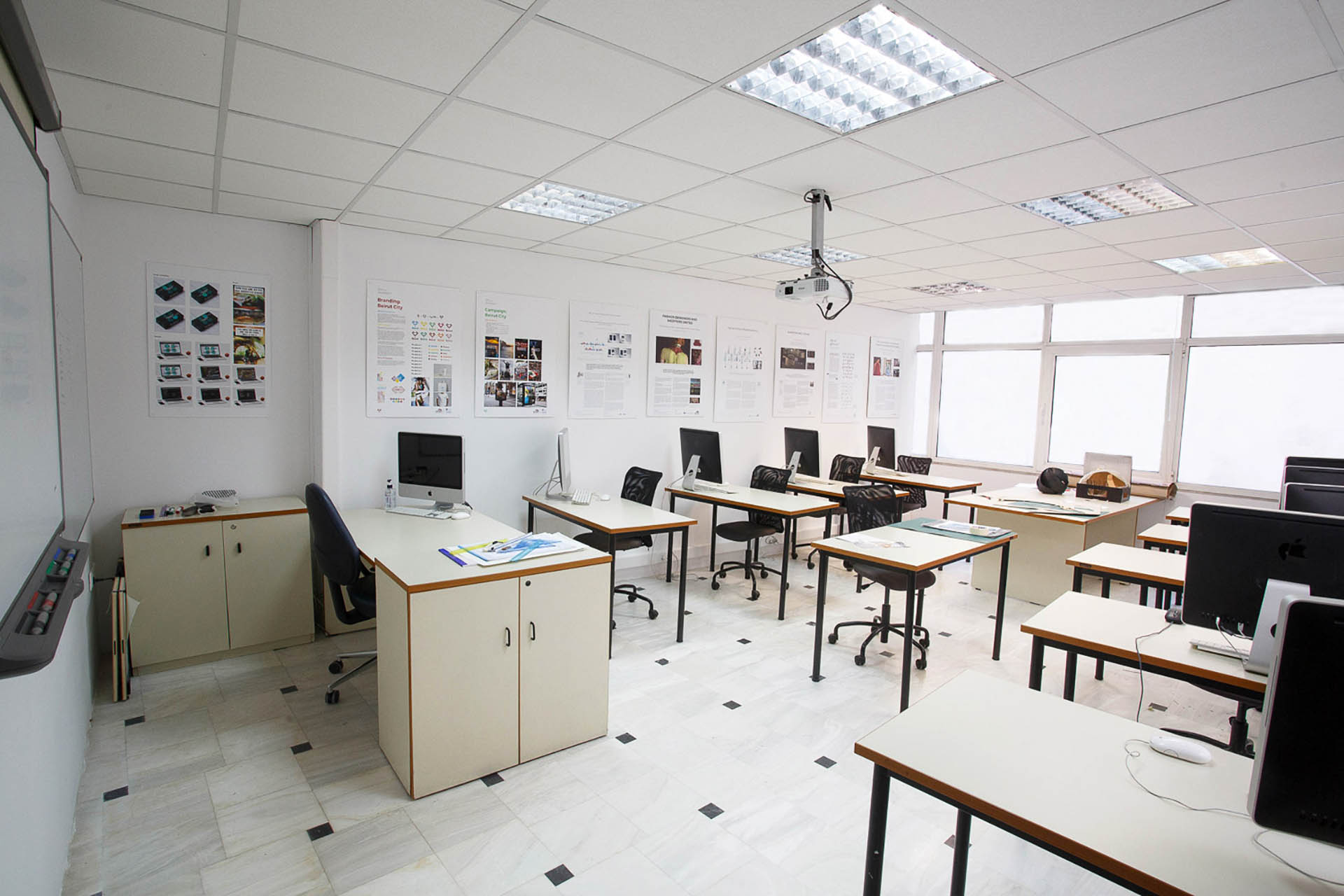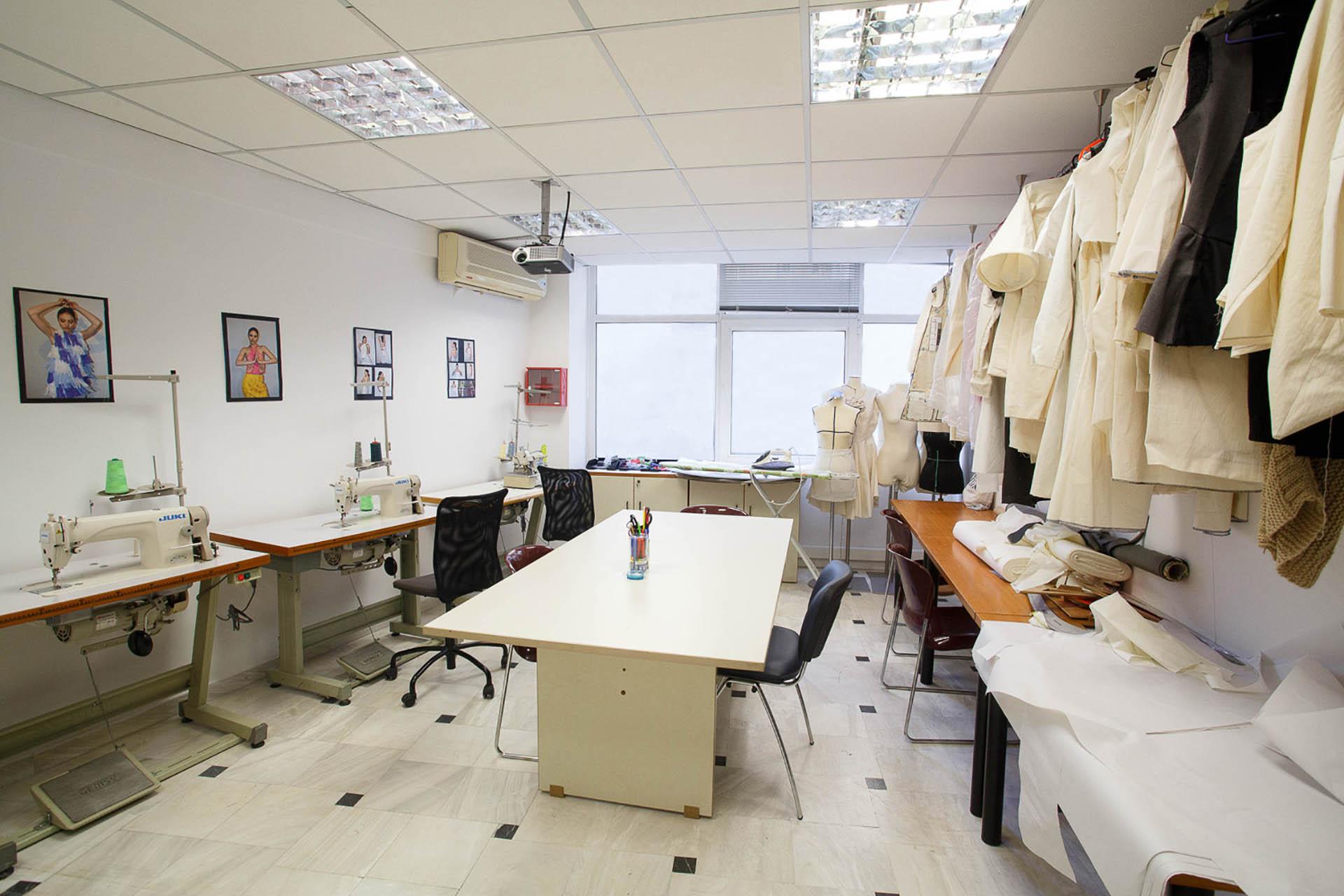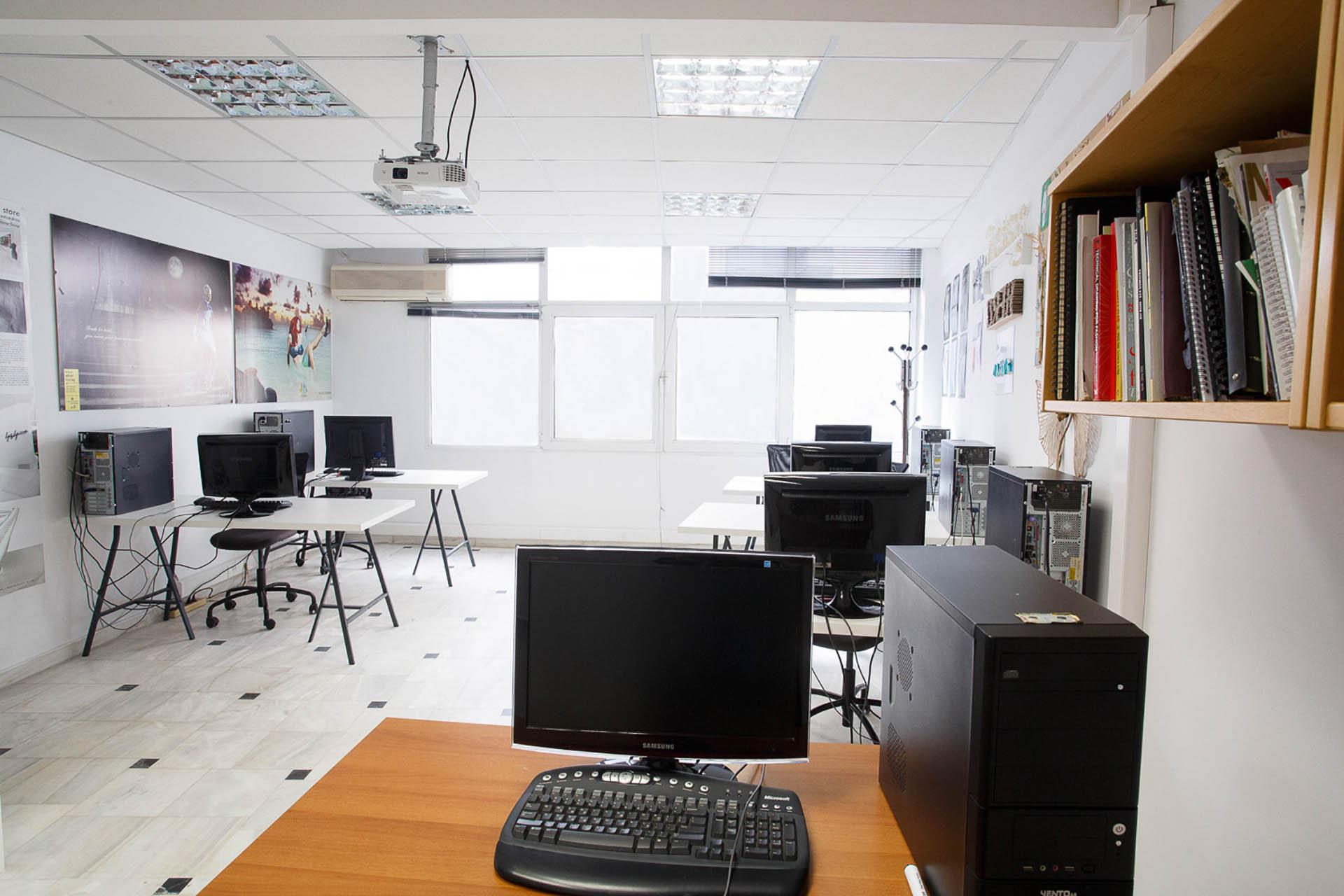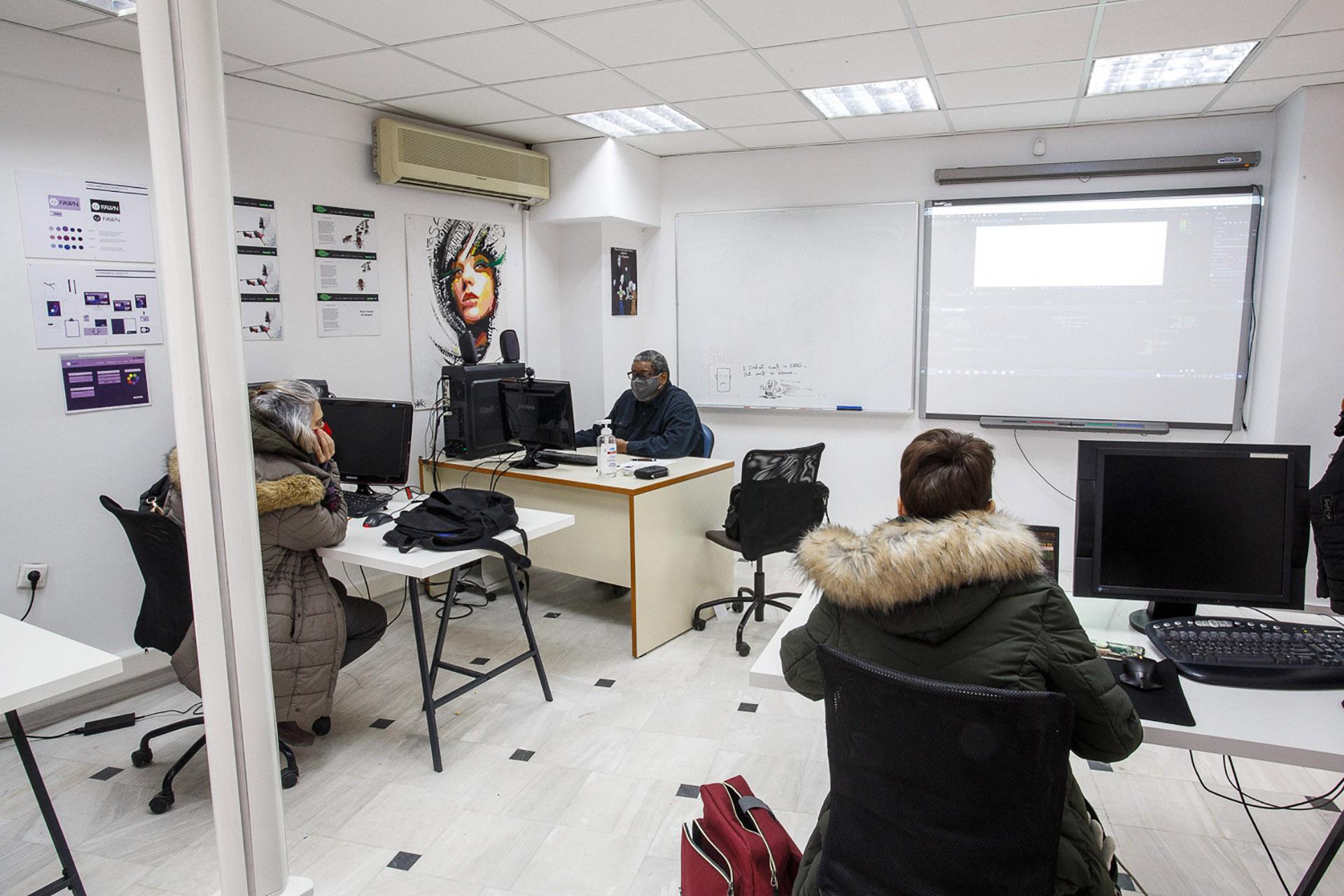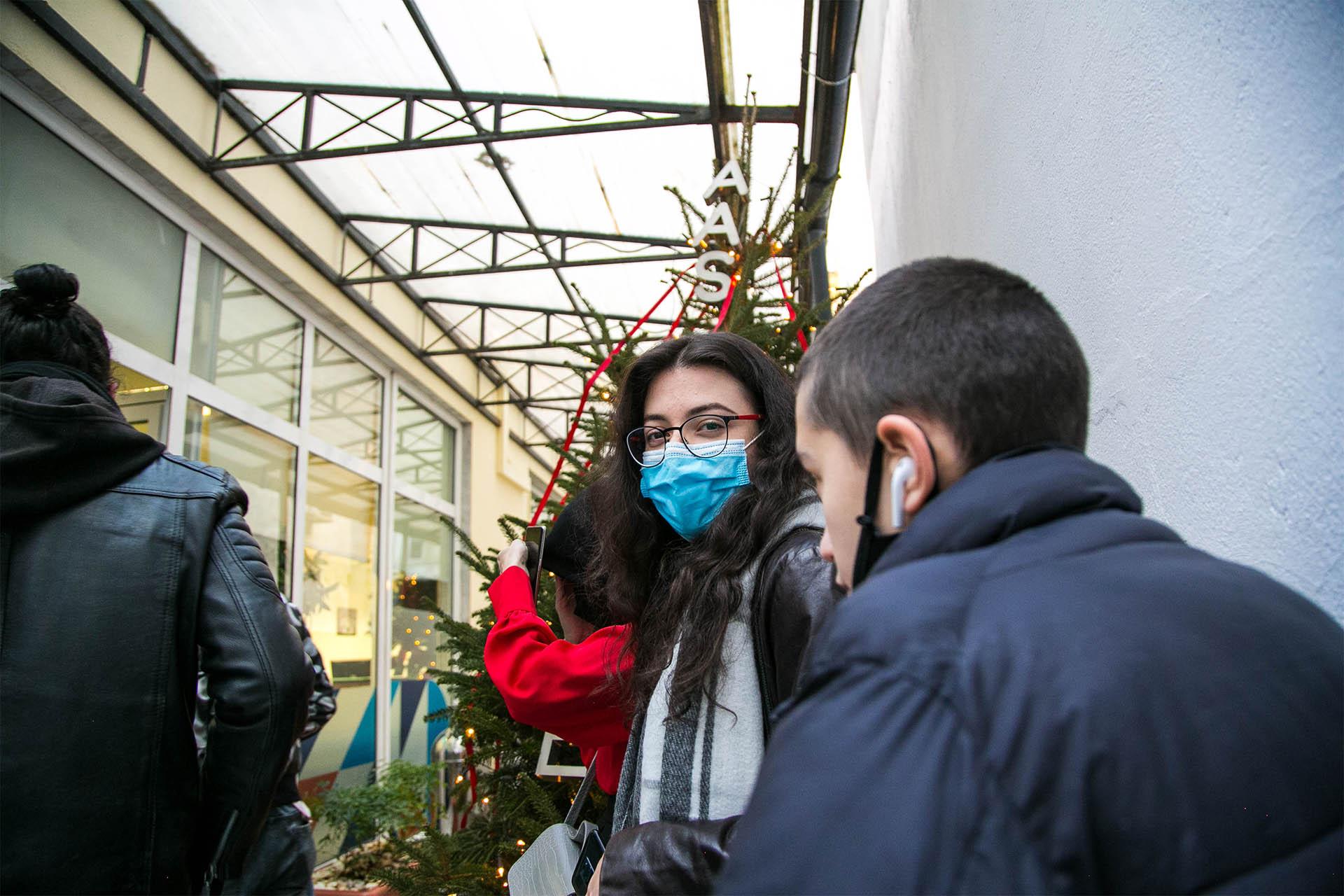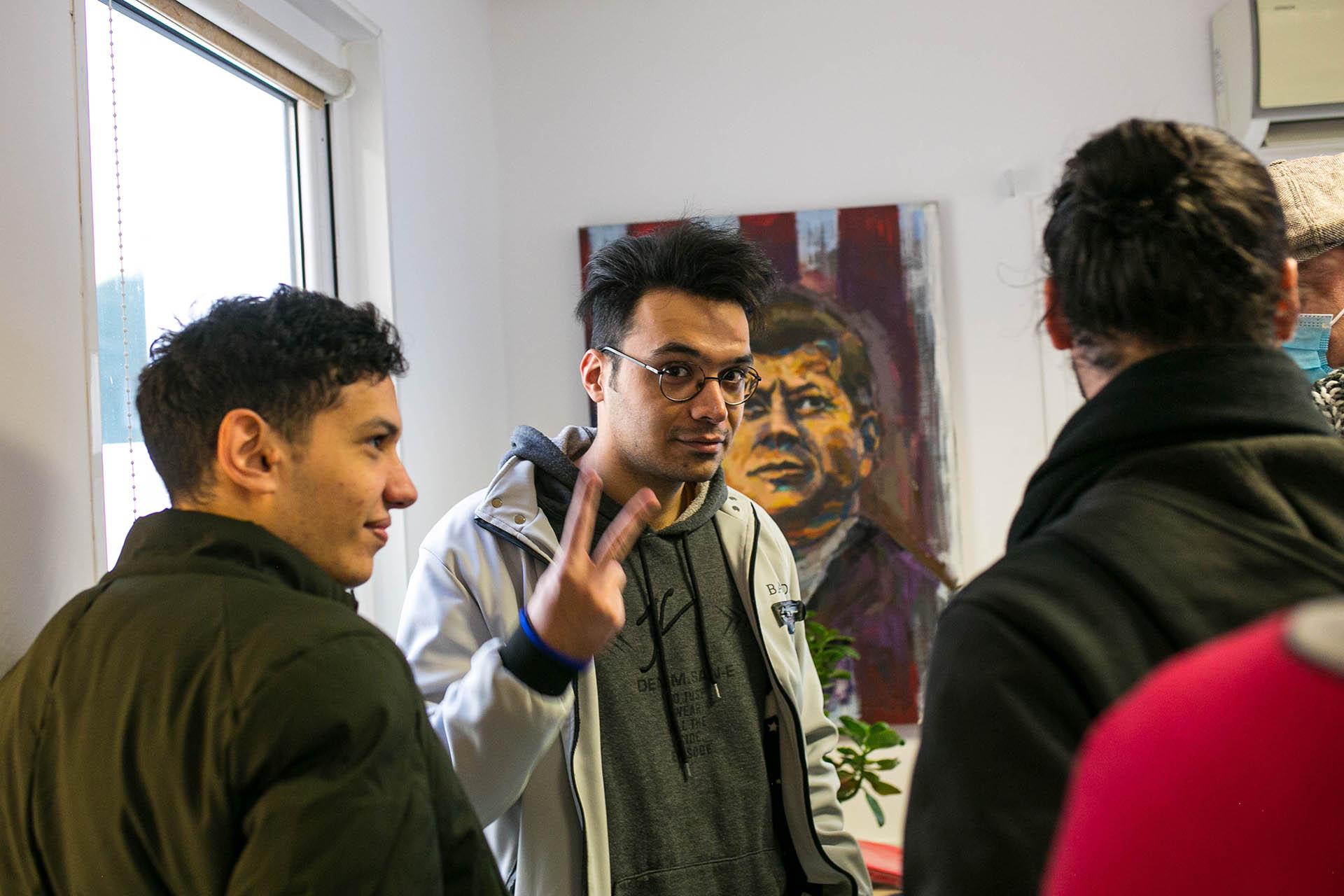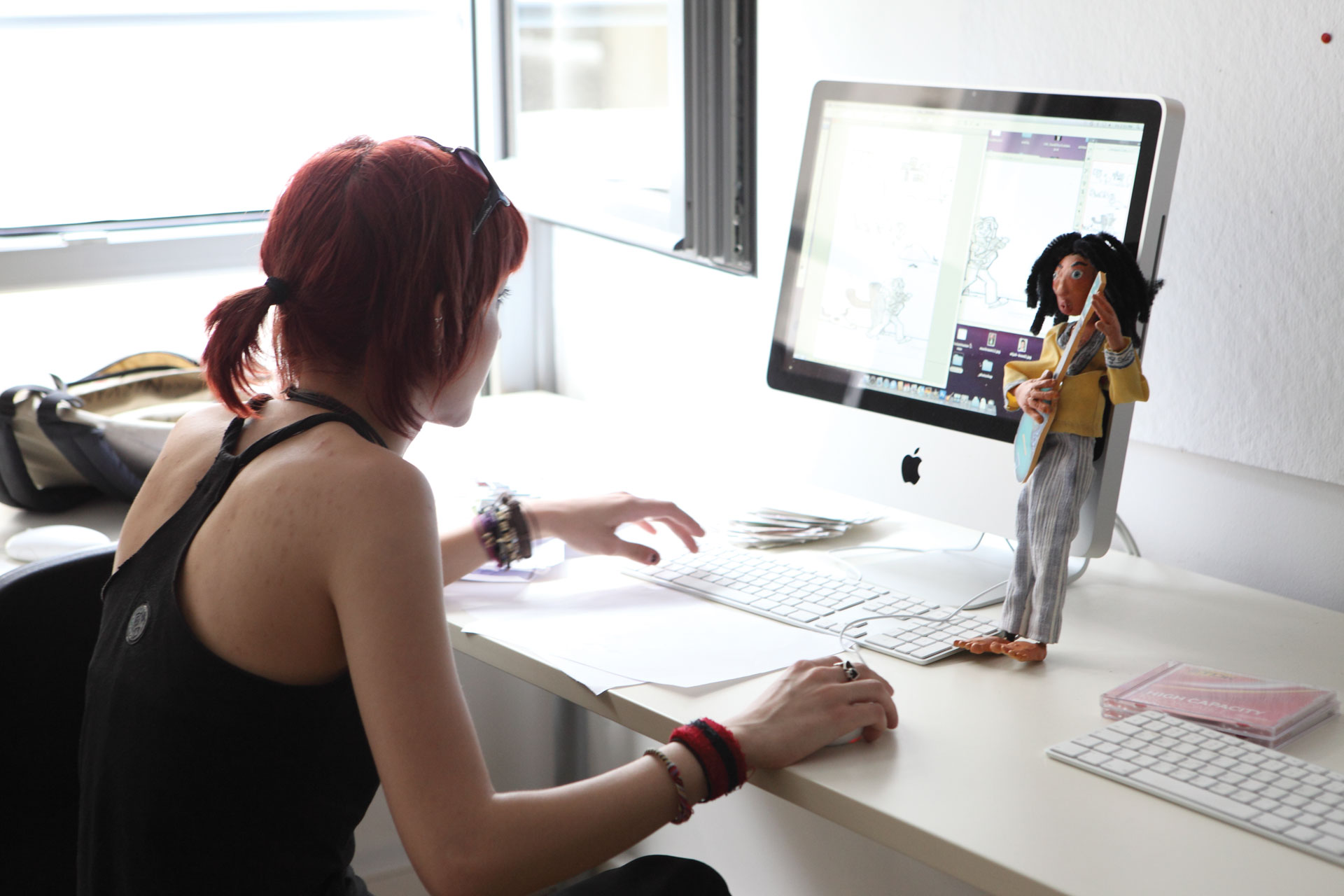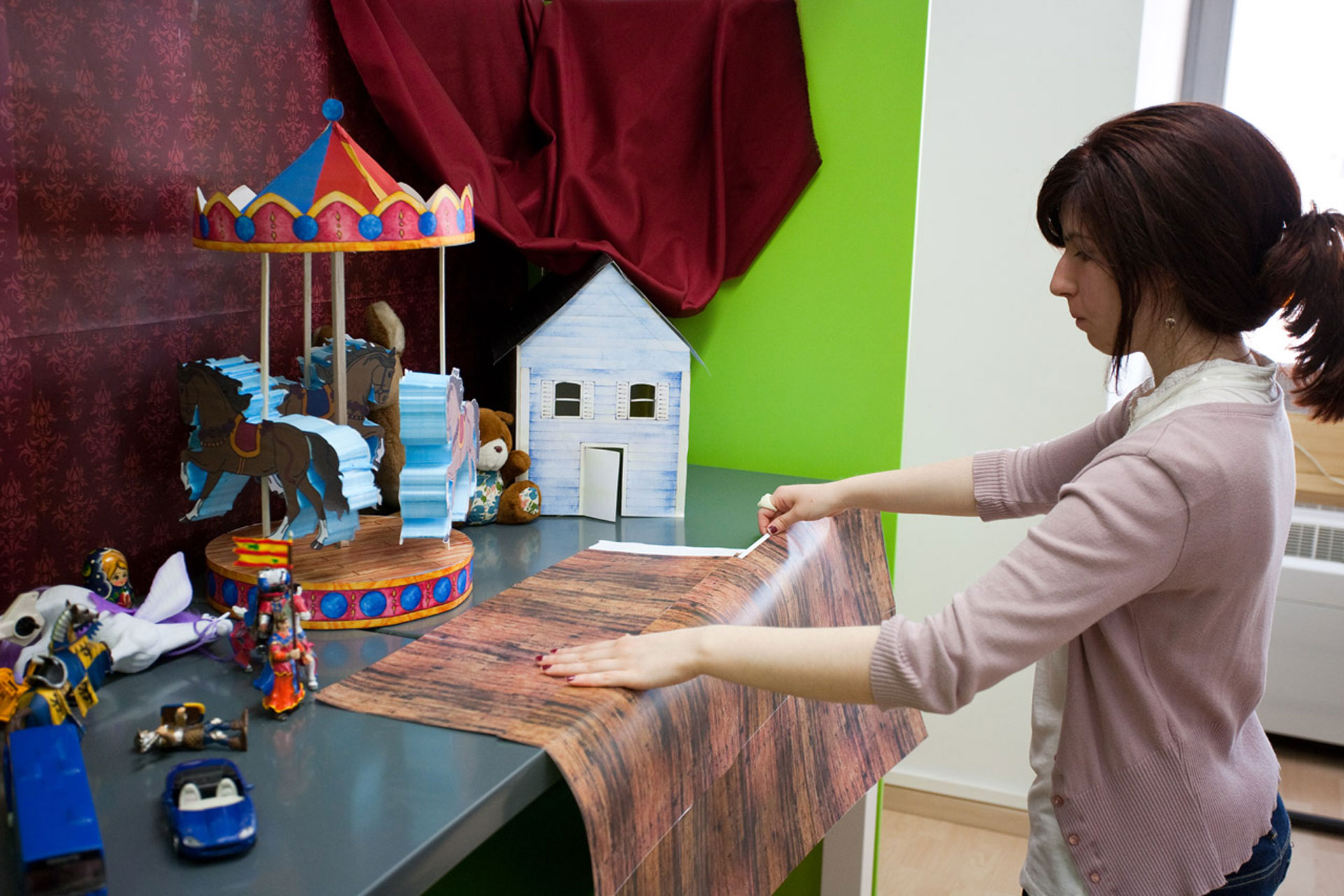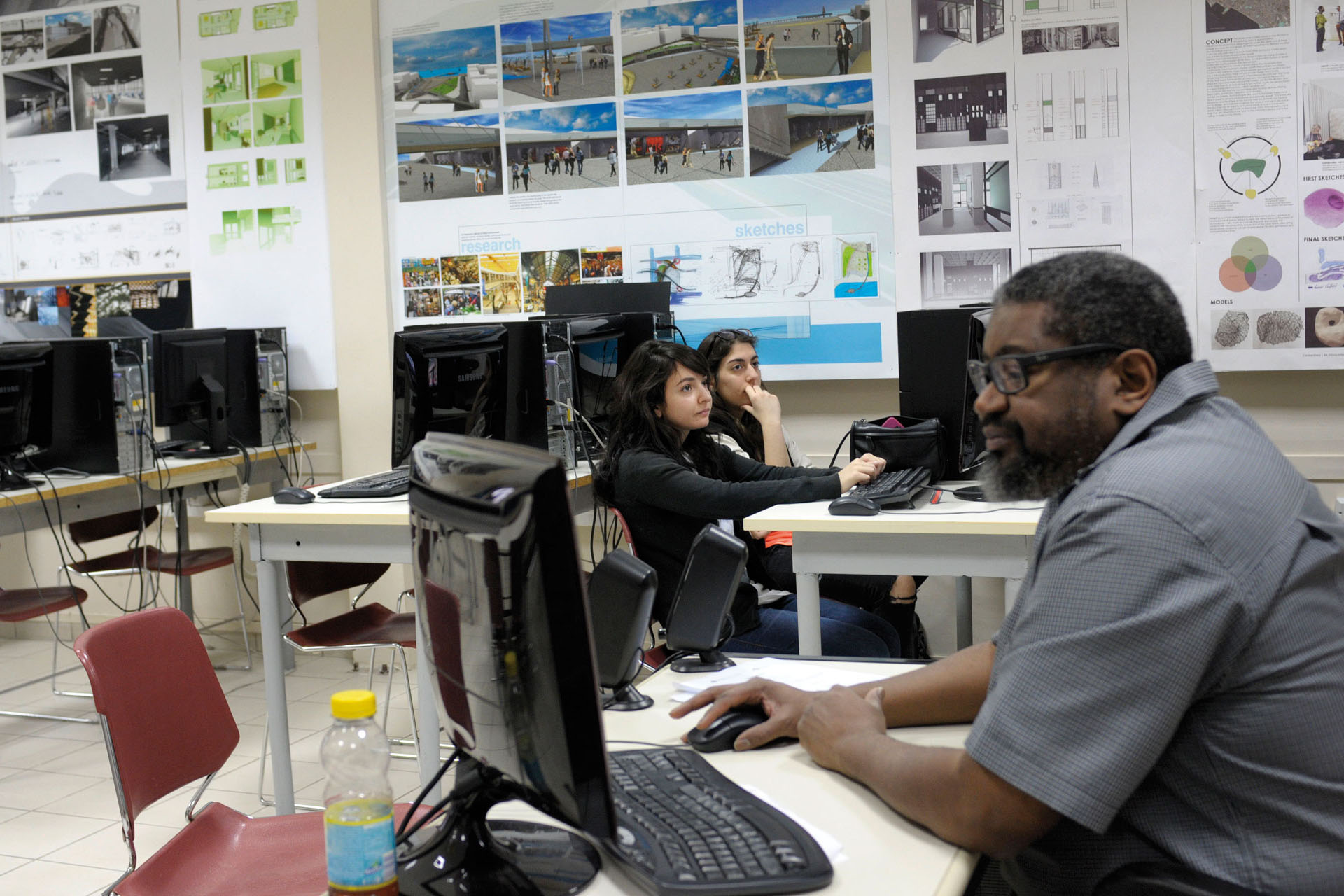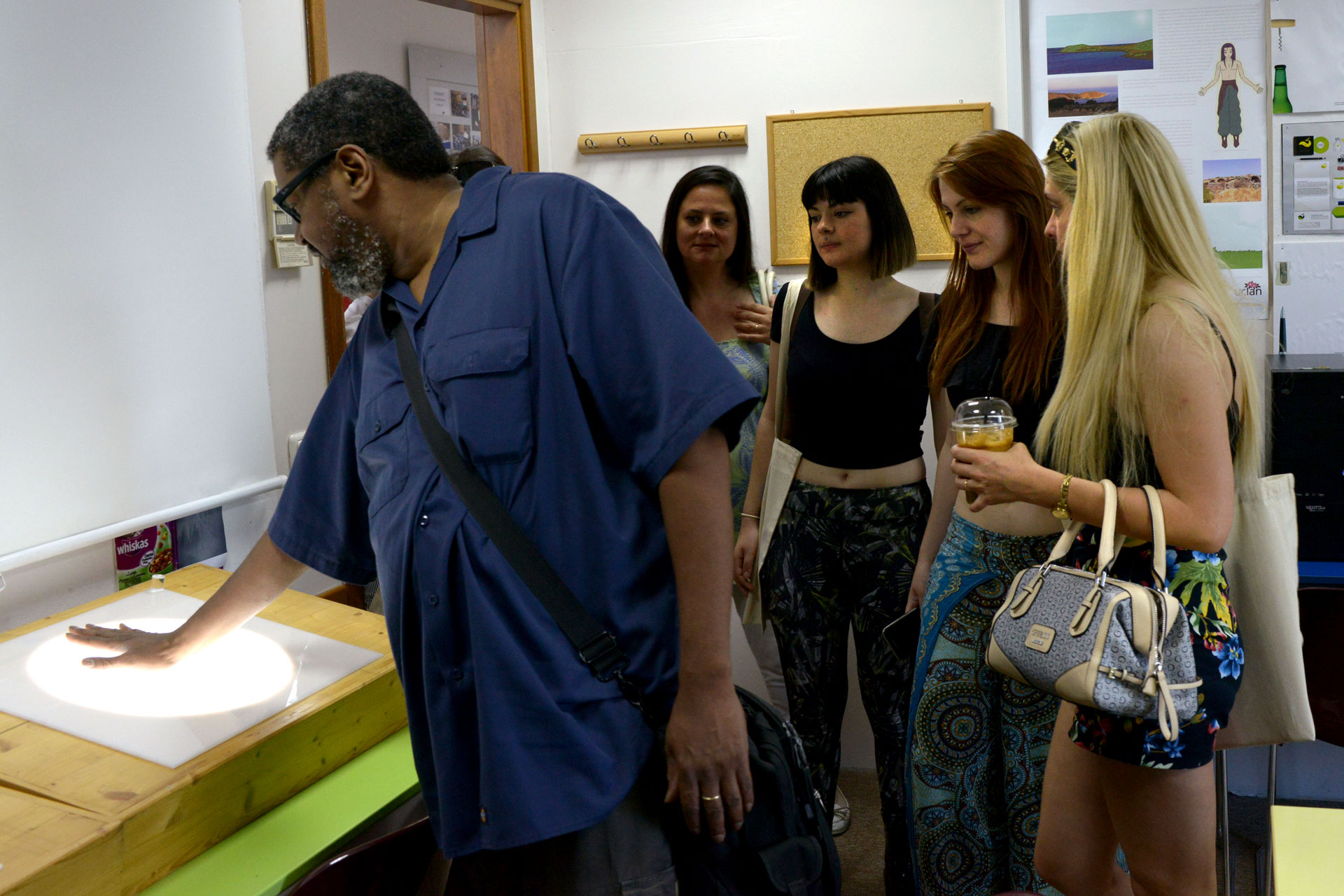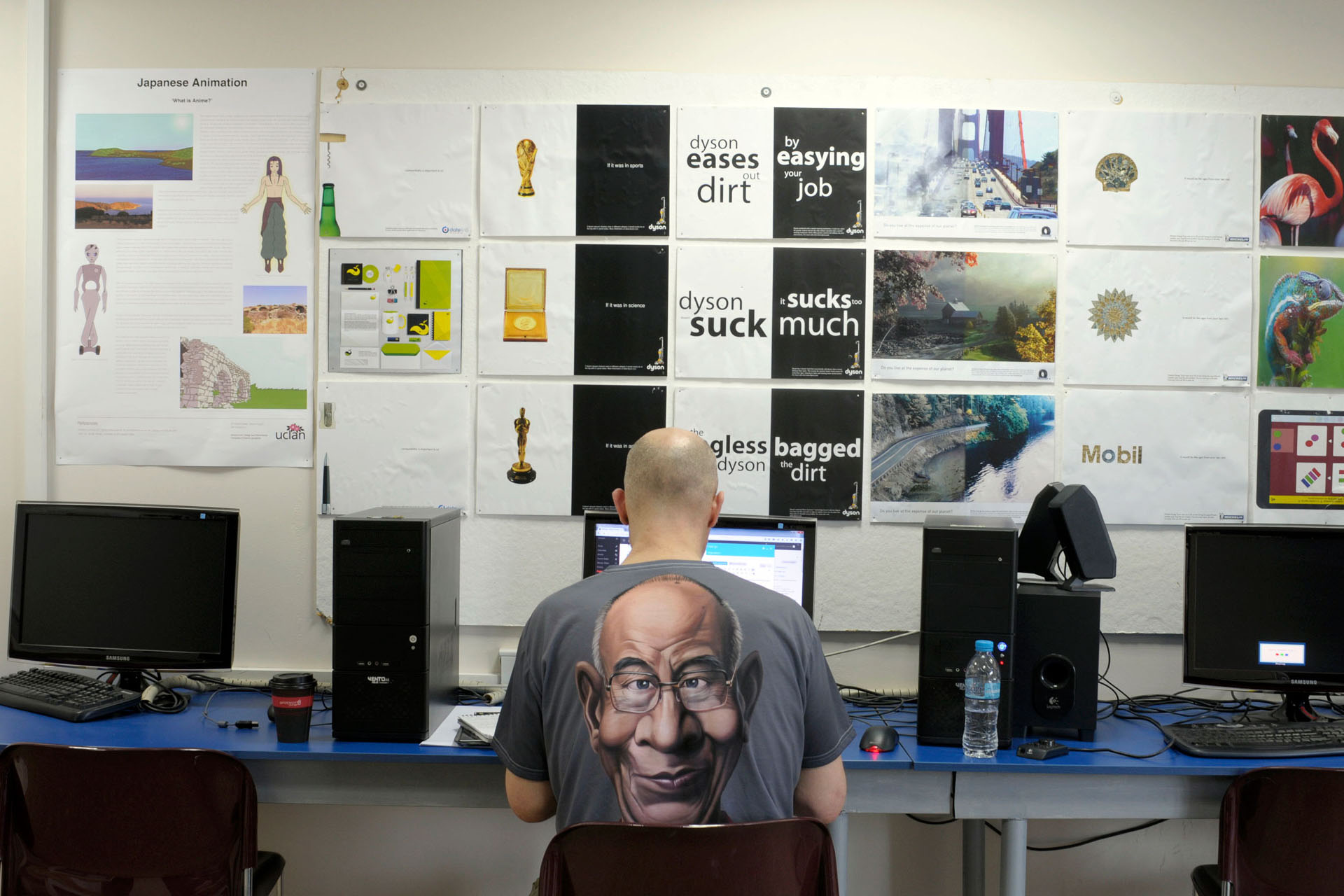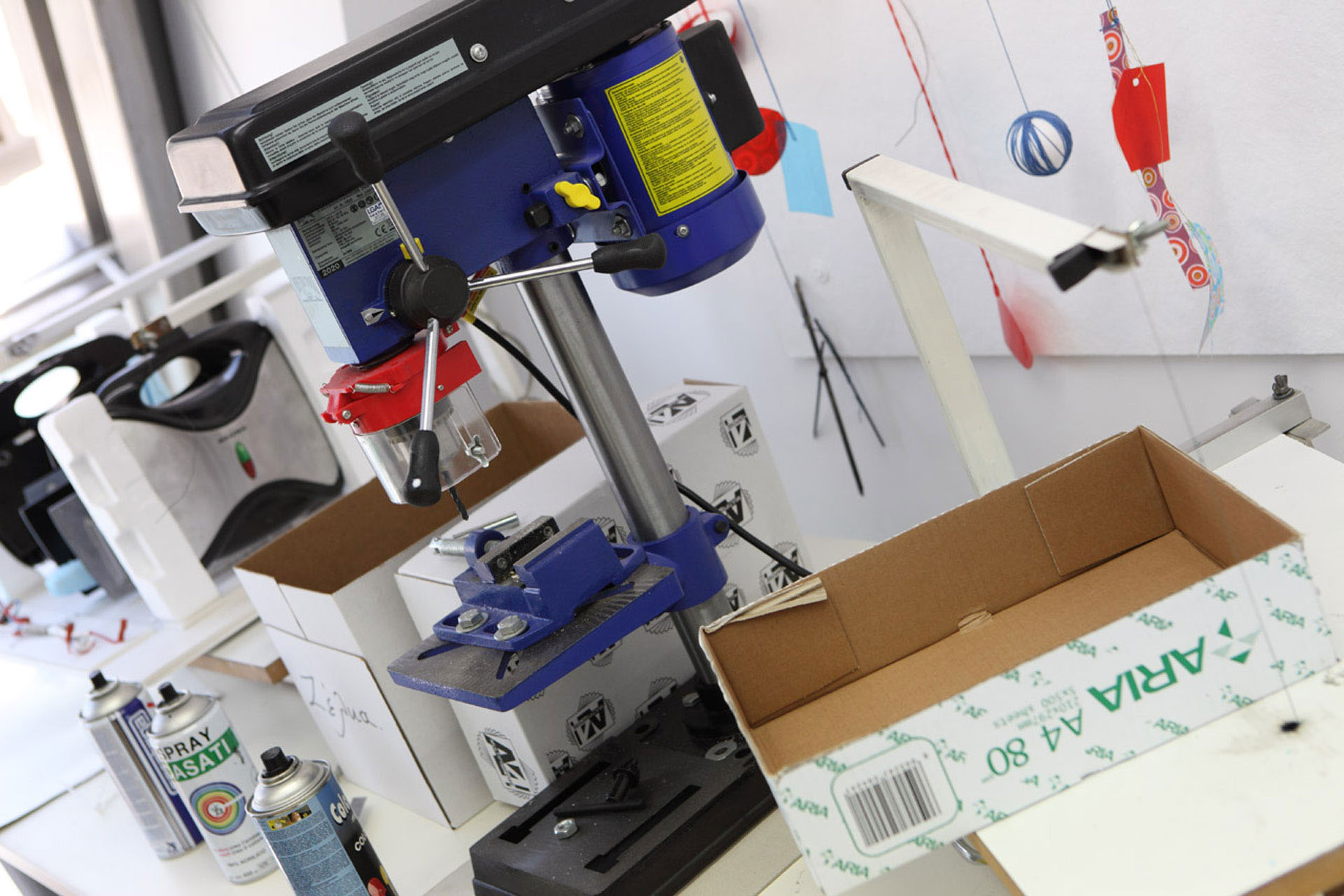AAS College Thessaloniki
School of Art & Design
COURSES | BACHELOR
BA(Hons) Animation
«What is most important in animation is the emotions and the ideas being portrayed.» – Ralph Bakshi.
The field of Animation has seen remarkable expansion in recent years. Emerging technologies and innovative methods of distribution now offer creators countless opportunities for their work to reach global audiences.
Throughout the course, students will explore drawing, animation principles, design fundamentals, storytelling, and narrative development, as well as the history, theory, and practice of screen production. They will develop a clear understanding of both creative and technical processes, gaining proficiency in industry-standard software to produce interactive media and computer-generated animations.
Given that animation is an inherently collaborative discipline, students will learn the value of teamwork alongside the development of their individual creative identity and professional practice. The course prepares graduates to enter a dynamic and fast-evolving industry, offering access to a wide range of platforms and diverse career opportunities within an expanding international market.
The course is designed to equip students with the specialist knowledge and adaptable skills required to build successful careers within the varied creative sectors of animation. It aims to foster designers, storytellers, and thinkers who are capable of responding creatively and strategically to change. Through this, the course seeks to make a meaningful contribution to the evolution of design and animation practice—locally, nationally, and globally.
Duration:
36 months (3 years)
Educational form:
Taught
Education Variants:
Fulltime
Language:
English
October’s intake:
Classes Start Date:
6 October 2025
British Degree:
Bachelor Degree
STUDENT WORK
FACILITIES
AAS College is set in a modern, purpose – built university campus. Students learn in specially designed lecture rooms and theatre, laboratories, design studios and in flexible teaching spaces. Individual and group study spaces allow students to work alone or collaborate on projects. This course has dedicated graphics studios for workshops, group and independent working. They are equipped with projectors and screens and Macs or PCs or both. There are also campus digital media suites with software including: Adobe Creative Suite.
COURSE STRUCTURE
Overview
In the first year of study, students are introduced to the creative, theoretical, and technical foundations of animation. They explore a range of key concepts that underpin the discipline, including drawing, design principles, visual communication, storytelling, and the development of both linear and non-linear narratives. Emphasis is placed on understanding the history and evolution of animation, its relationship with wider visual cultures, and its role within contemporary creative industries.
Students begin to engage with industry-standard tools and software, developing core technical competencies in 2D and 3D production processes. Through practical exercises, workshops, and short projects, they acquire the fundamental skills necessary to bring ideas to life — from character design and storyboarding to motion and timing.
Collaboration and teamwork are introduced as essential aspects of professional practice, allowing students to learn how to communicate ideas effectively, contribute to group projects, and reflect critically on their creative outcomes. Alongside this, independent thinking, research, and critical analysis are encouraged through contextual and theoretical studies that help students situate their work within a broader cultural and historical framework.
By the end of the first year, students will have developed a solid understanding of the creative process, gained confidence in using digital tools, and established the conceptual, practical, and analytical foundations necessary for further study in animation and related creative disciplines.
Overview
In the second year of study, students build upon the creative, technical, and theoretical foundations established in Year 1, moving towards a more advanced and specialised understanding of animation practice. The focus is on developing depth, sophistication, and independence in both creative thinking and technical execution.
Students expand their knowledge of character animation, exploring the principles of performance, movement, and expression through both 2D and 3D methods. Emphasis is placed on the refinement of design, modelling, and sculpting techniques, enabling students to create believable characters and creatures suited for animation, visual effects, and games. Through practical experimentation and critical evaluation, they learn to make informed design decisions grounded in research, anatomy, and visual literacy.
Alongside creative practice, students engage with critical and contextual studies that deepen their understanding of animation as an academic and cultural discipline. They examine how animation practices are discussed theoretically and professionally, gaining insight into current debates, ethical considerations, and industry challenges. This prepares them for the intellectual demands of their final-year dissertation or major written project.
Studio-based work continues to play a central role, encouraging students to prototype, test, and refine their designs for a variety of creative platforms — including film, games, VFX, and virtual production. Collaboration, reflection, and documentation are integral parts of the process, ensuring students develop strong communication and project management skills relevant to professional practice.
By the end of the second year, students will have strengthened their technical expertise, enhan
Overview
In the final year of study, students consolidate the creative, technical, and theoretical skills developed throughout the programme, demonstrating their ability to operate as independent and reflective practitioners. The emphasis is on professional preparation, advanced research, and the realisation of an ambitious self-directed major project that reflects the student’s personal strengths and career aspirations.
Students undertake a substantial piece of research through the Animation Dissertation or Industry Report, which enables them to explore an area of special interest within the discipline. The dissertation encourages analytical and critical engagement with animation theory, history, and practice, while the industry report focuses on professional standards and practices within the sector, requiring students to situate their own work in relation to current or emerging industry contexts. Both options foster intellectual independence, academic confidence, and self-directed inquiry.
Through Creative Futures, students develop the professional skills necessary to promote themselves effectively in the highly competitive animation industry. The module supports self-branding and portfolio development using both traditional and digital platforms, helping students to establish a professional identity and communicate their creative practice to potential employers and collaborators.
The Major Project represents the culmination of the programme and provides students with the opportunity to produce a significant body of original work. Conducted over two semesters, this project encourages ambition, innovation, and experimentation while mirroring the structure and expectations of professional practice. It enables students to demonstrate mastery of their chosen area, integrate conceptual and technical skills, and produce a portfolio that showcases their creative and professional readiness for employment or postgraduate study.
By the end of the final year, students will have developed into confident, adaptable, and forward-thinking practitioners, capable of contributing creatively and strategically to the ever-evolving global animation industry.
ASSESSMENT
Assessment is 100% coursework and you will be continually assessed throughout the course.
Assessment will be through assignments including design briefs (project work), competitions, presentations, seminars and group activities.
CAREER OPPORTUNITIES
On the BA(Hons) Animation course we are aiming to produce animators capable of entering the industry in the creative department of it or working as artist animators, directors and games designers – amongst other things.
Many of our graduates have careers with major design consultancies and animation companies. Successful students may also wish to continue their studies on MA Degree to further enhance their knowledge and skills base, exploring new and innovative areas of design.
Job Roles
With this degree you could become:
- Character Animator
- Concept Artist
- Modeller
- Storyboard Artist
- Technical Director
- Visual FX Artist
- 3D generalist
ENTRY REQUIREMENTS
Diploma and transcript from your high school
Evidence of your ability in English language
Portfolio
Passport
AAS Application Form completed
Discover our Prospectus→
Find out what makes AAS a great place to study
Book a Meeting→
Schedule an online meeting to learn more about us and our programmes.
Apply to AAS→
Accepting applications for Fall and Summer terms.
HOW TO APPLY
You should apply direct to the AAS College. We accept applications throughout the year, but advise you to apply early. We would like to receive application forms before 30th of June.
All candidates are required to submit the following documents:
1. A Fully Completed Application
AAS Application Form completed
A scanned copy of your passport
2. English language certificate
Certified Photocopy of English Language qualification(s).
Undergraduate applicants must have a fluent command of the English language which can be proven via the following examinations:
IELTS: 6,0 or other equivalent qualifications.
Candidates who have not acquired an English language qualification at the time of the submission of their application form are required to submit it at least one month before the commencement of the course.
3. Diploma of previous education
International Baccalaureate (IB) Diploma or six IB Subject Certificates, or A Levels obtained locally
Certified Photocopy of the Diploma of Secondary Education (High School Diploma 12 years of study), along with the final year’s academic transcript
Candidates who have not yet graduated from high school at the time of application, should submit the available academic transcripts from their current year of study, as well as a full transcript from the previous year of study
If the High School Diploma is produced in another language it should be translated and verified in English
4. Portfolio
You can send us approximately 20 examples of your work with a short written commentary. Most of this work
can be in the form of photographs on a PDF file. It is helpful for us to see examples of your original
drawings too.
The submission of a Design portfolio is mandatory to the Design programmes.
Application’s Submittion:
There is no application fee. You should submit your documents direct to the AAS College website following the link: https://aas.gr/aas-college-apply-now/
Our response:
A member of our staff will contact you in 48 hours.
Apply to AAS→
Accepting applications for Fall and Summer terms.
